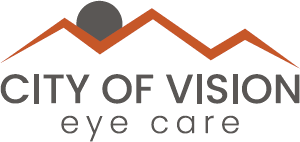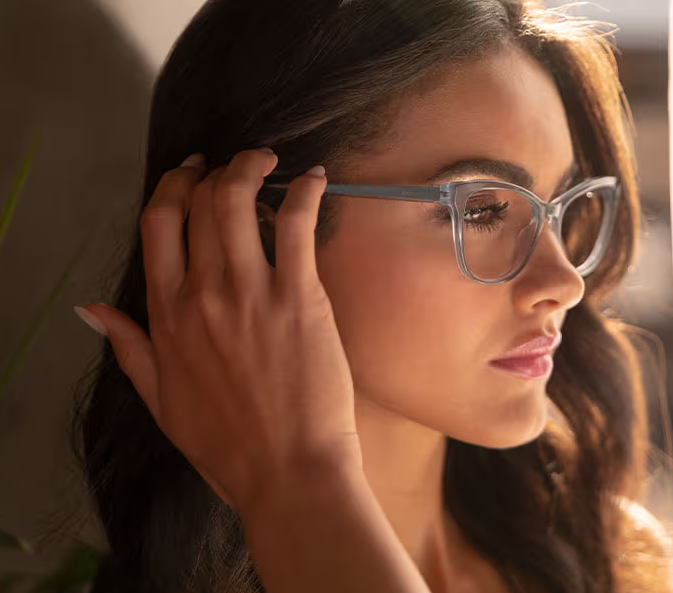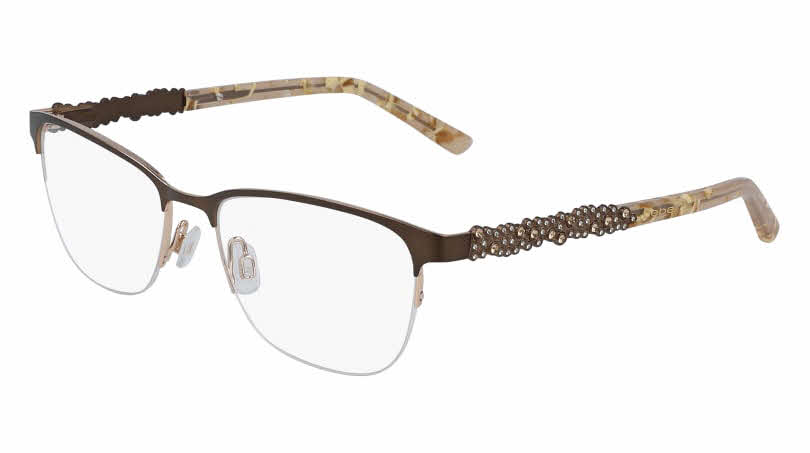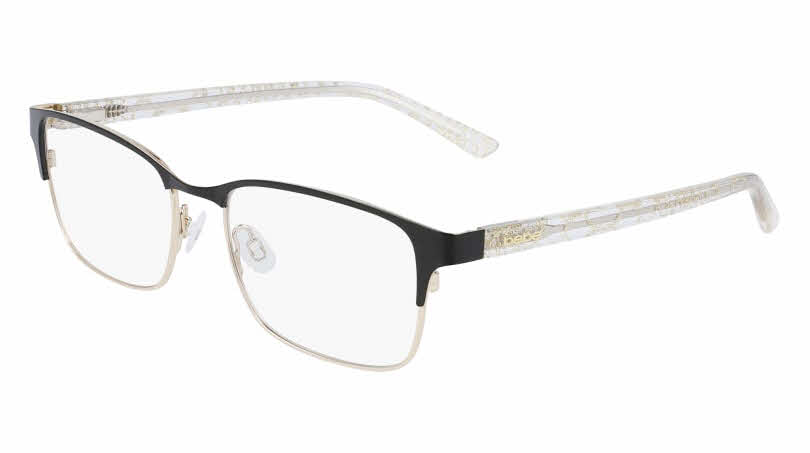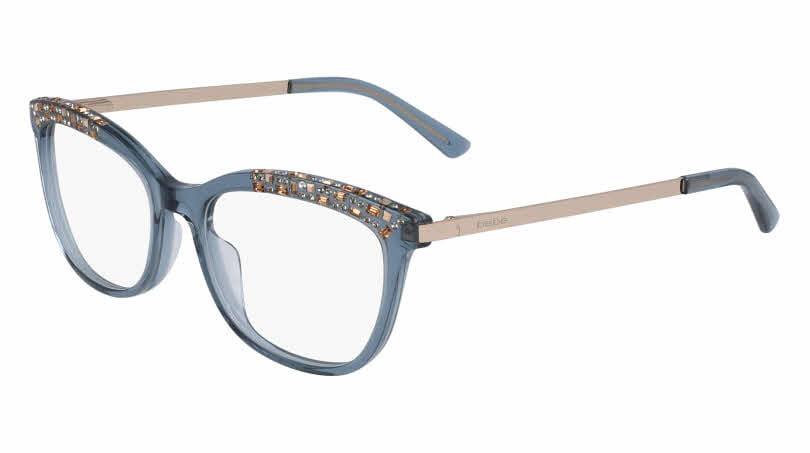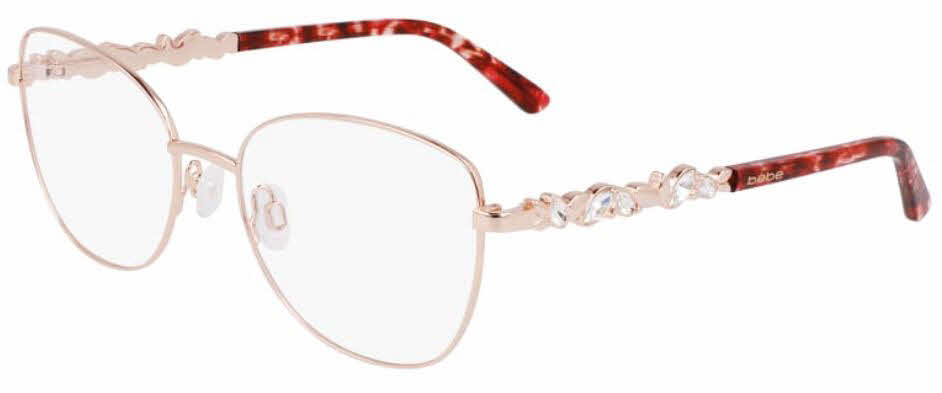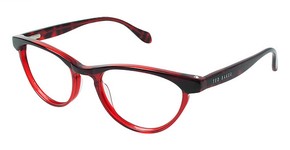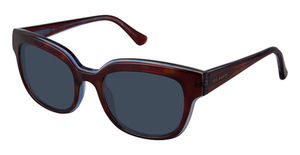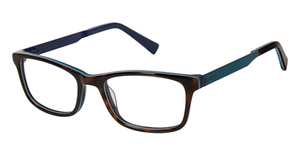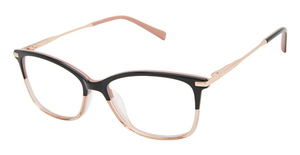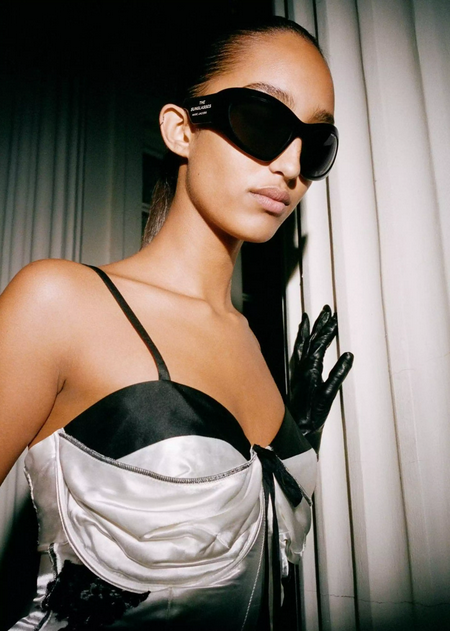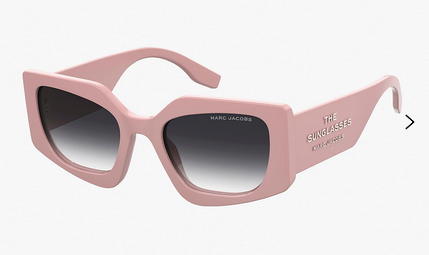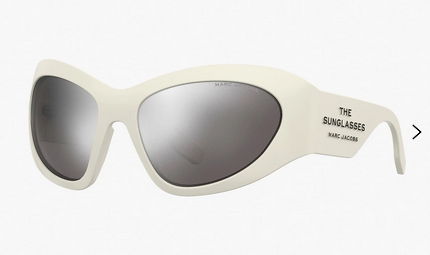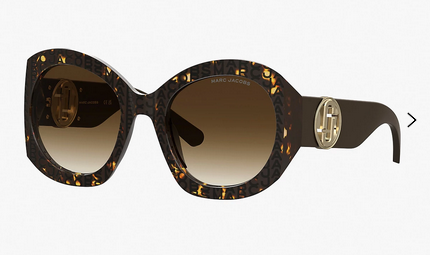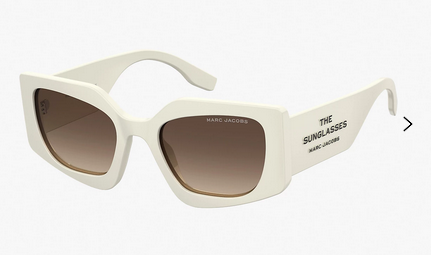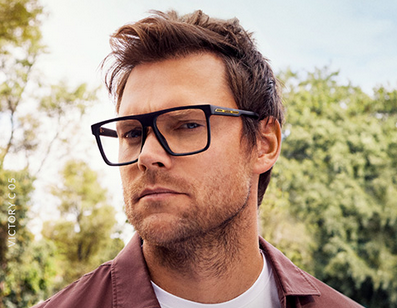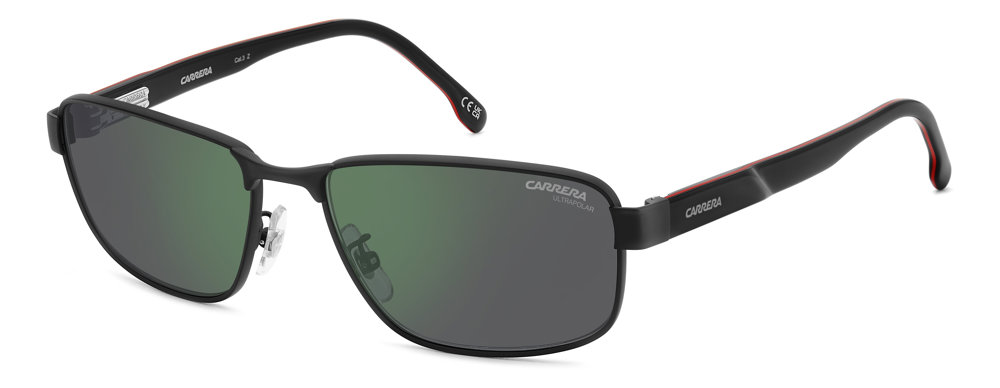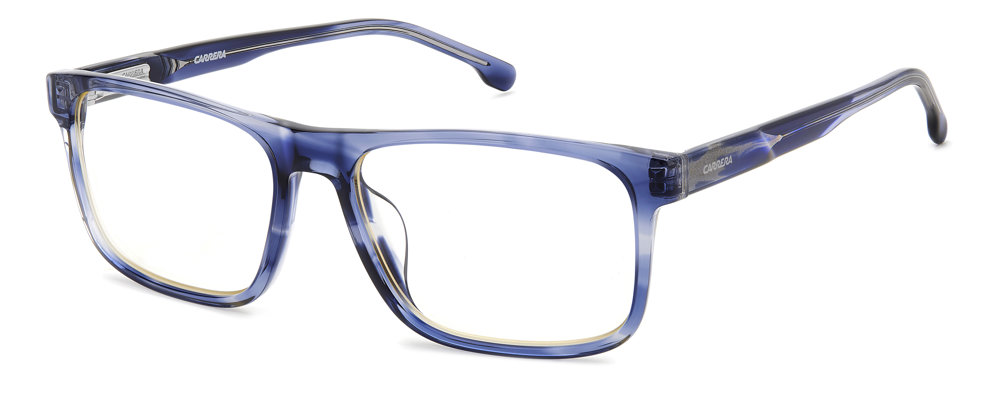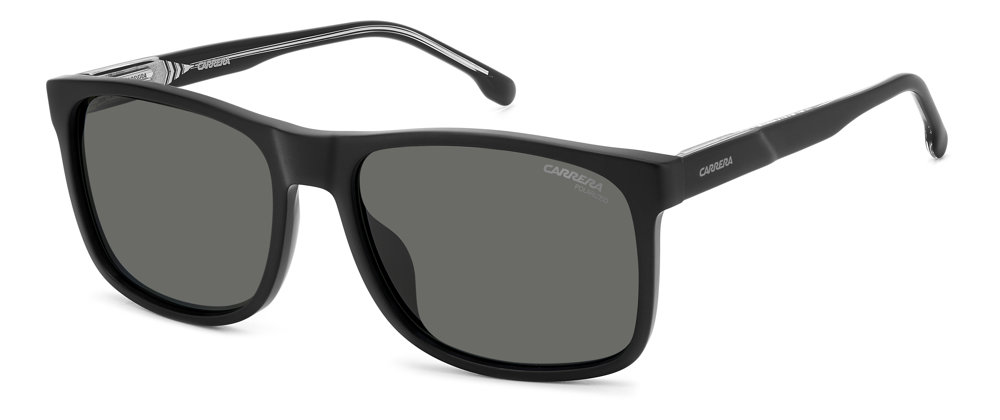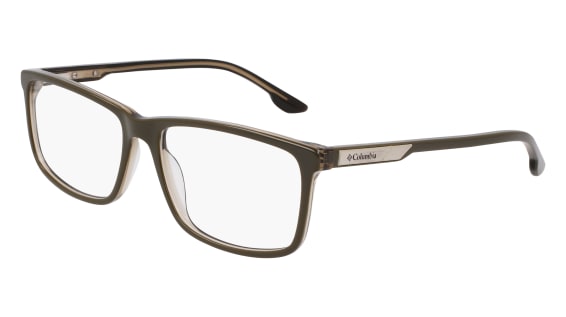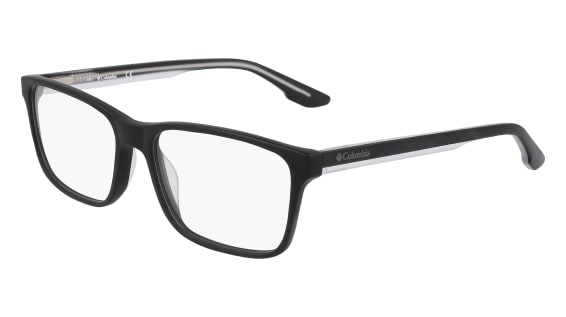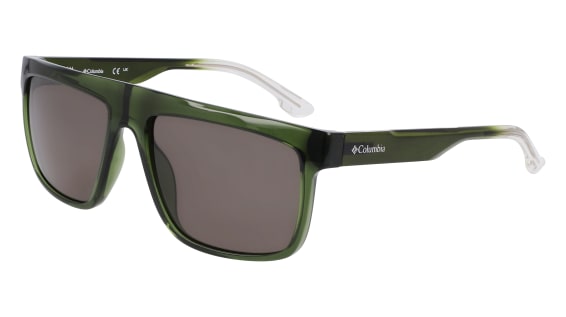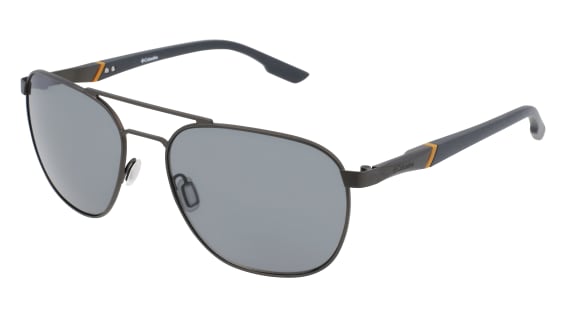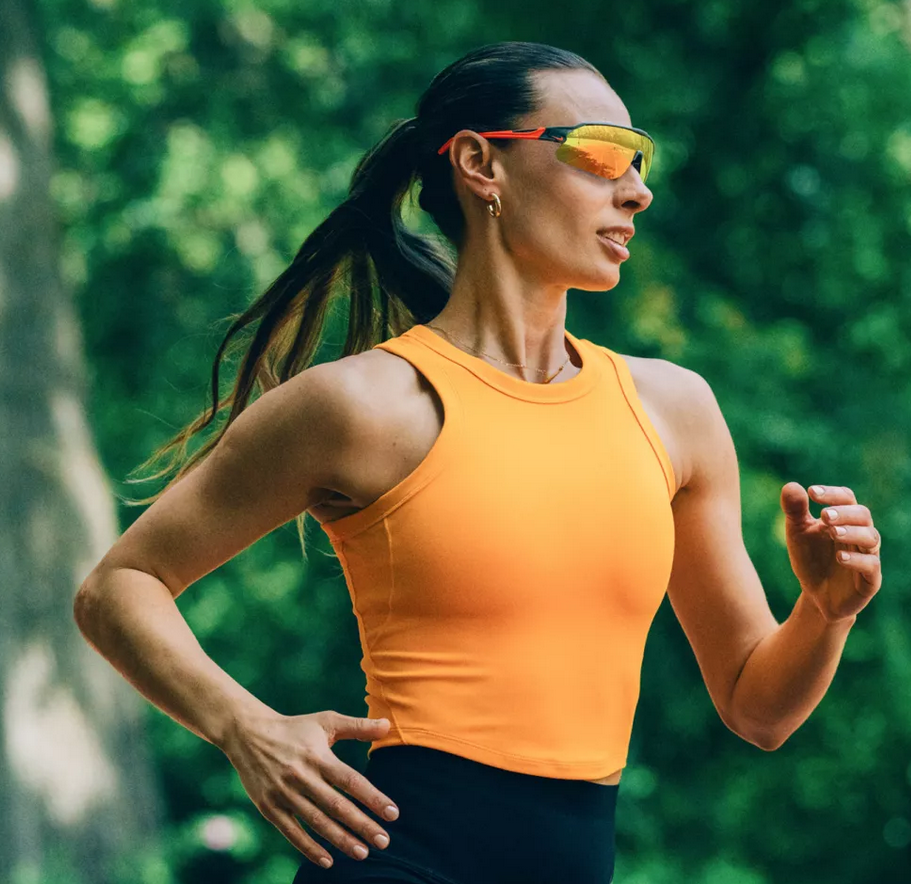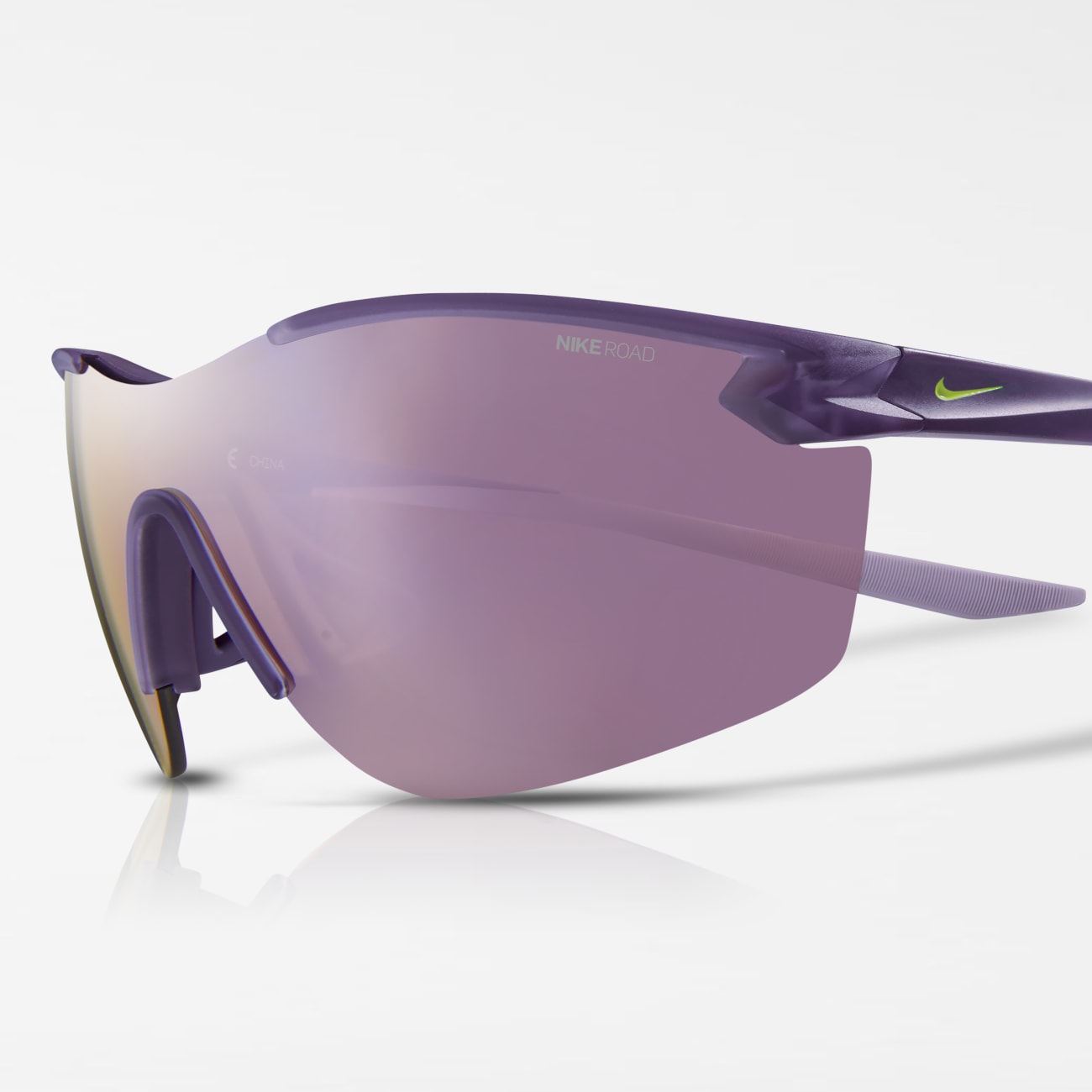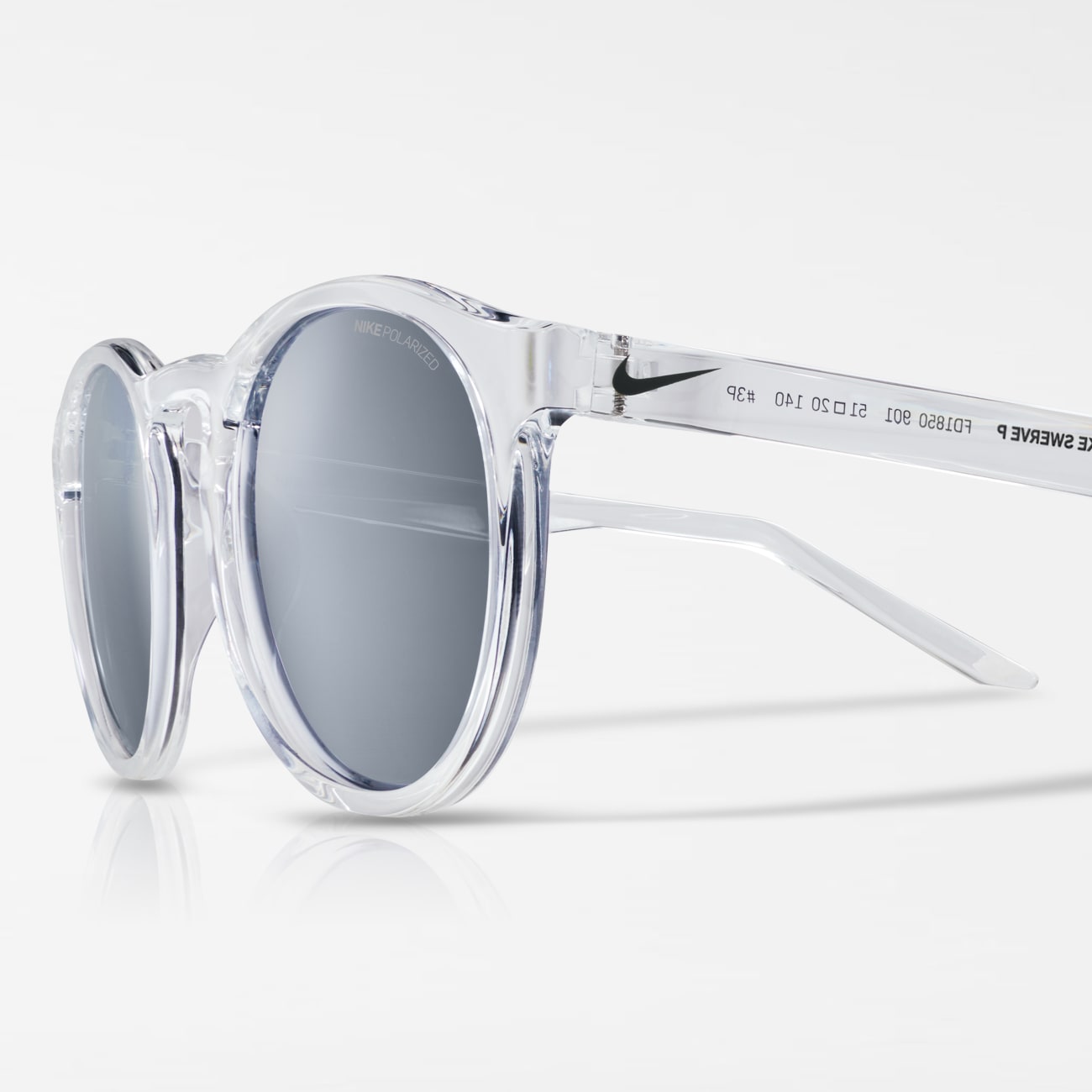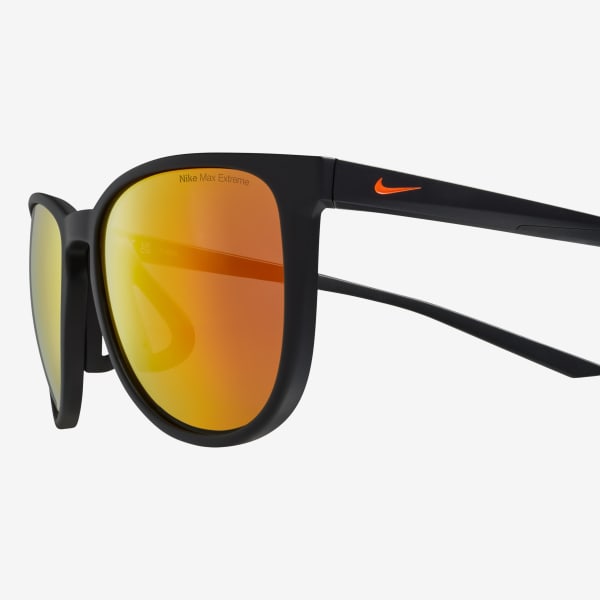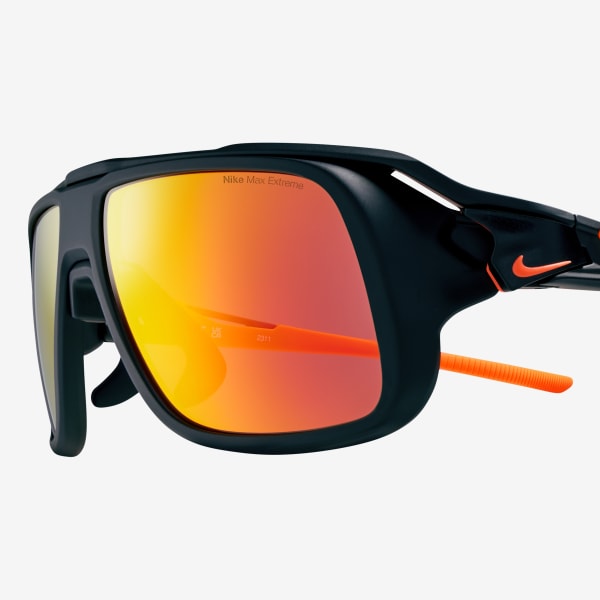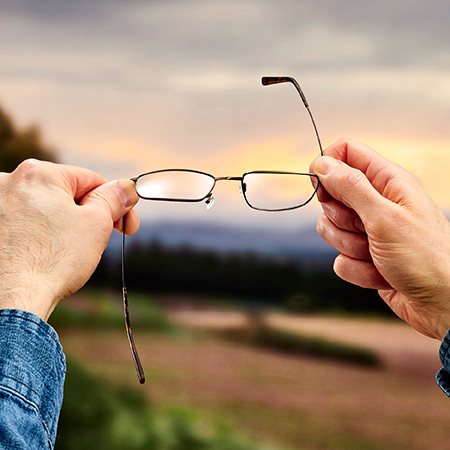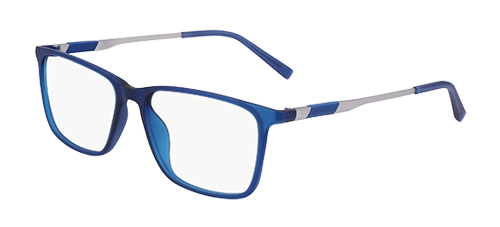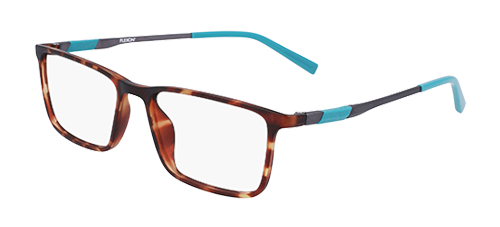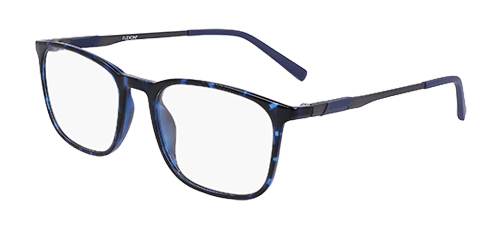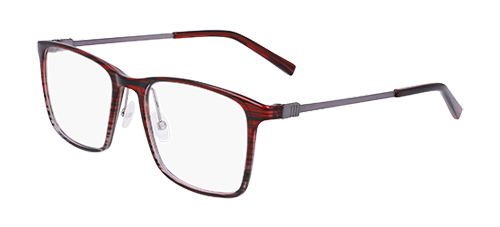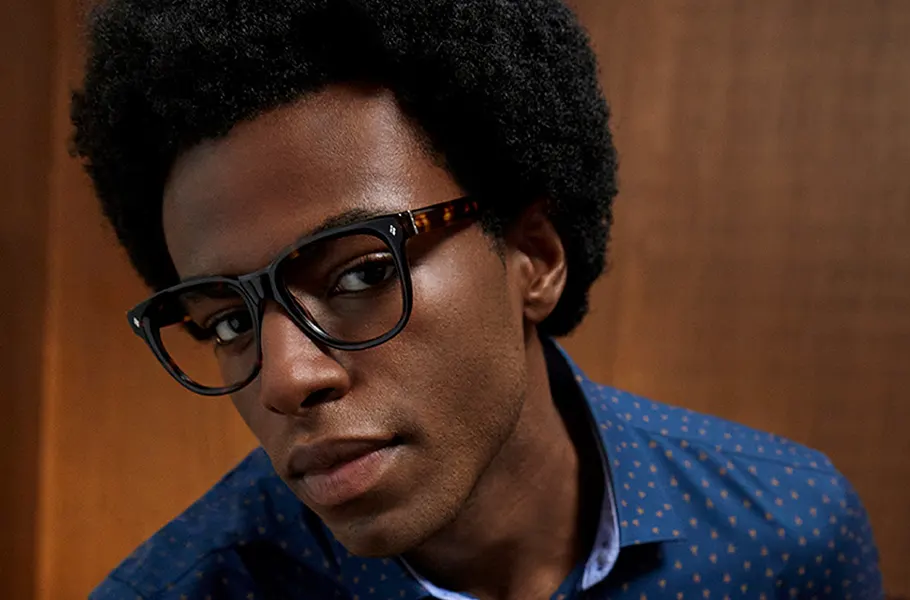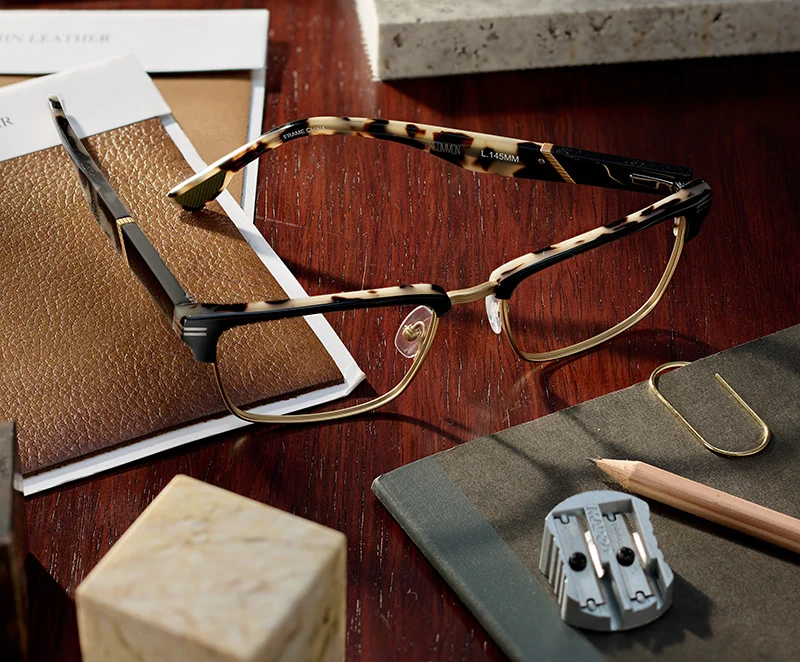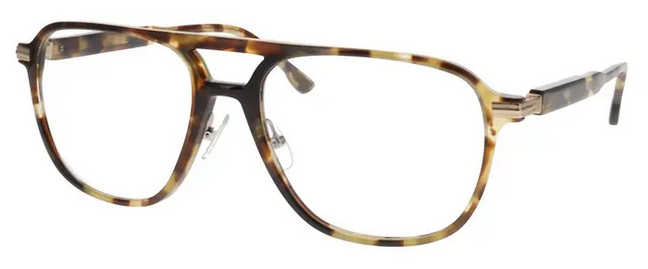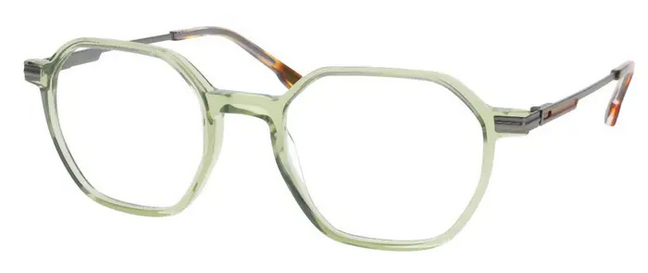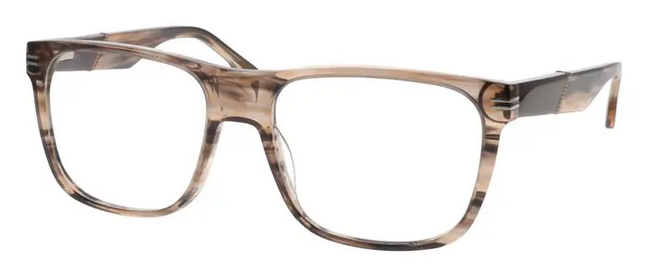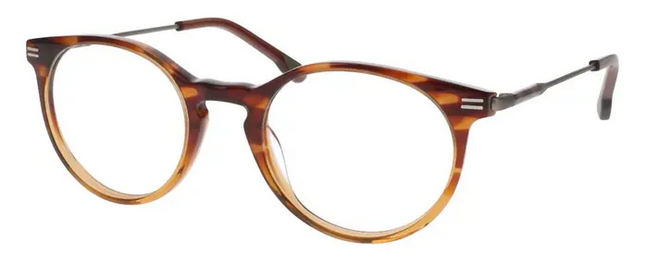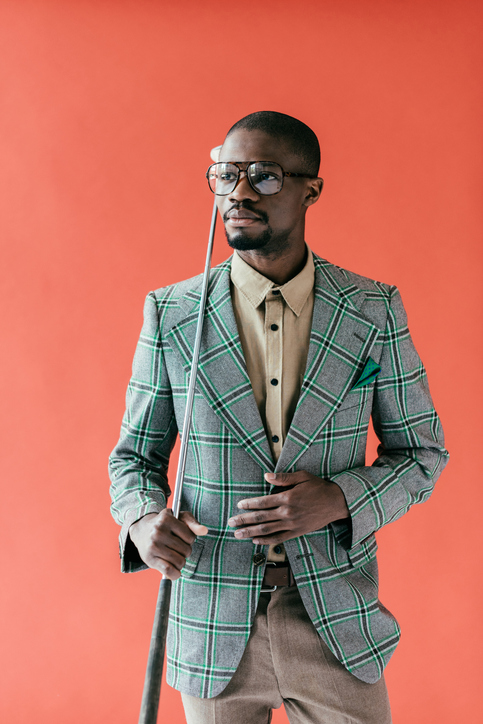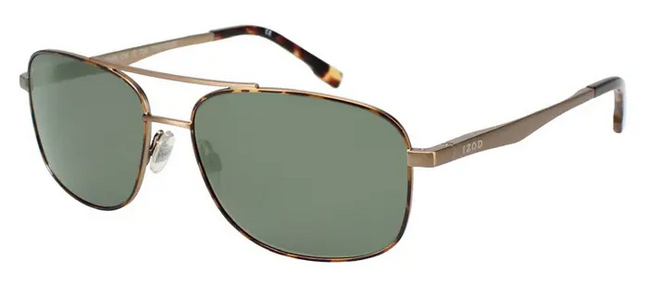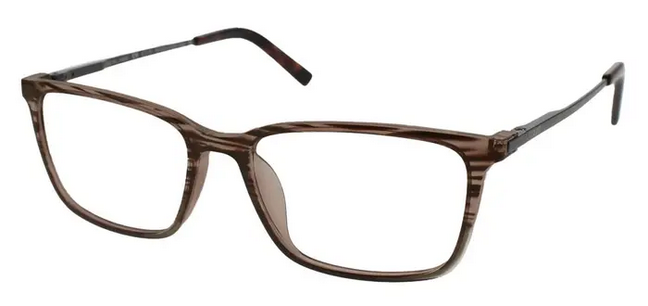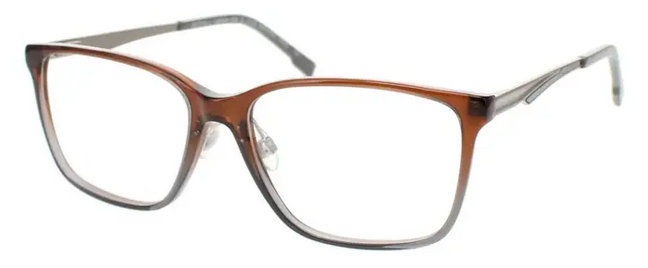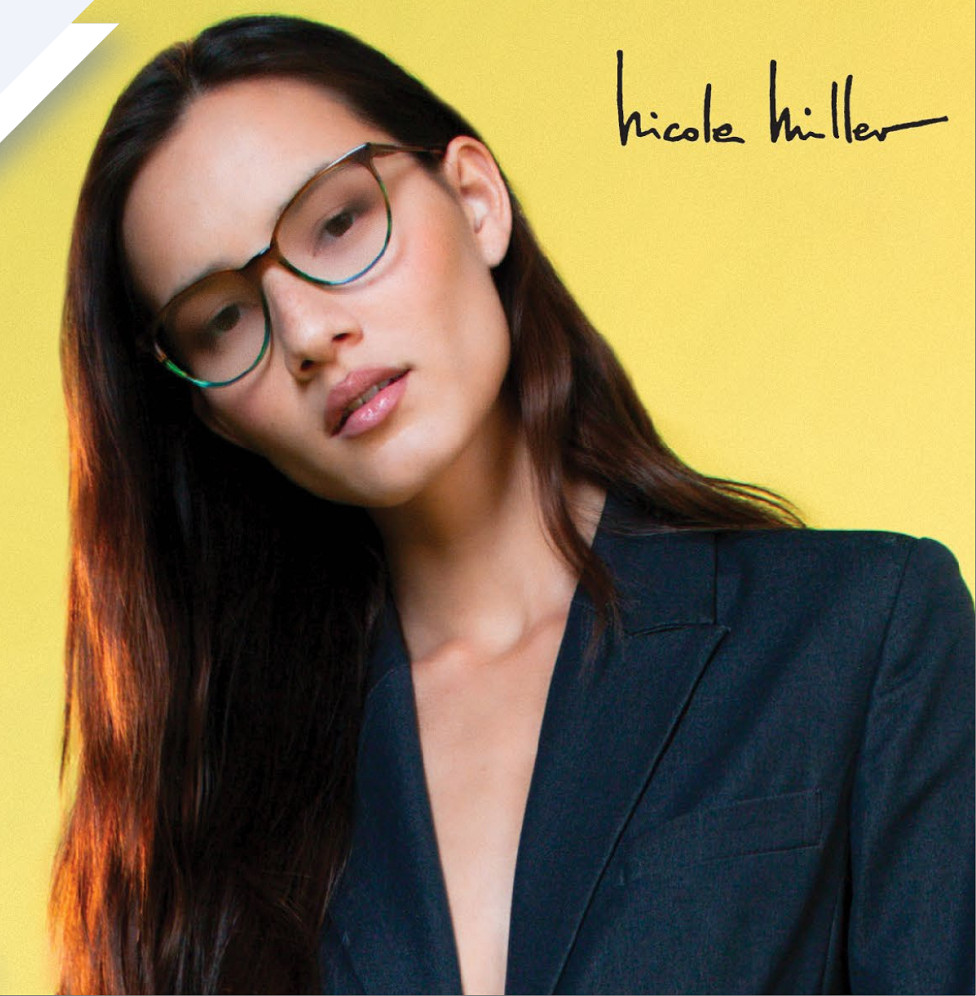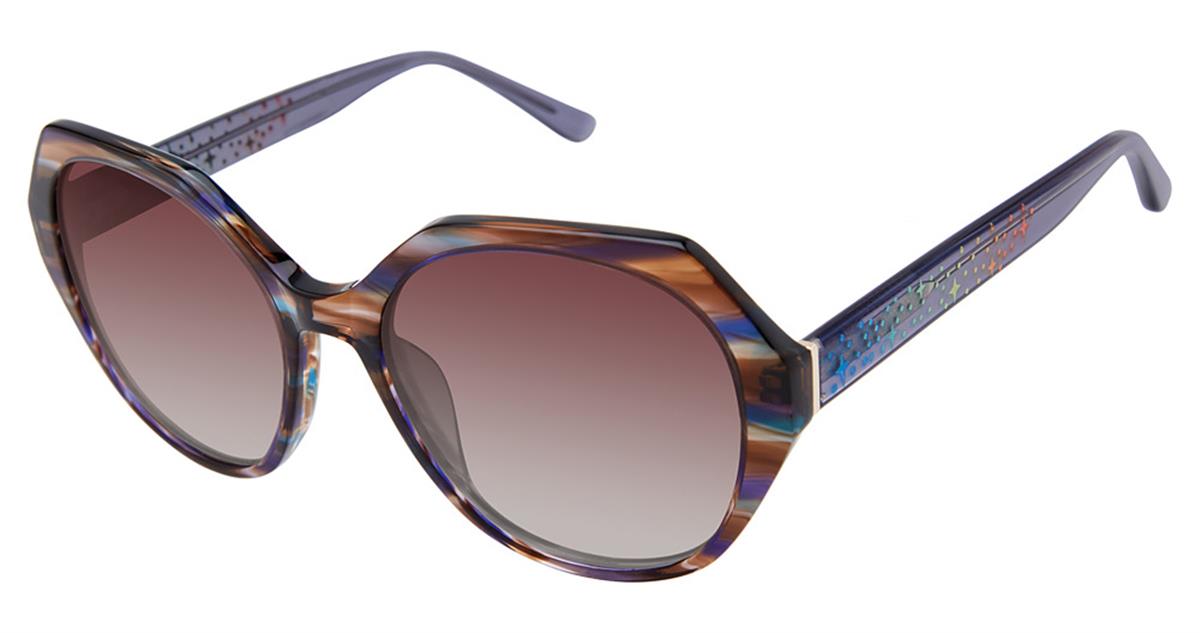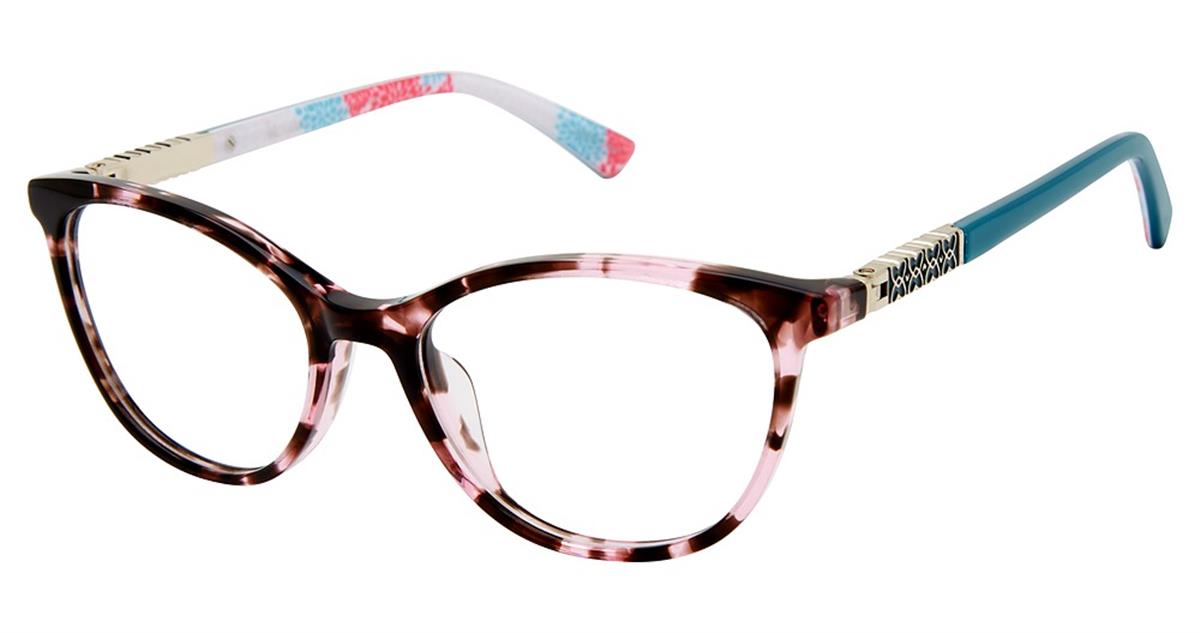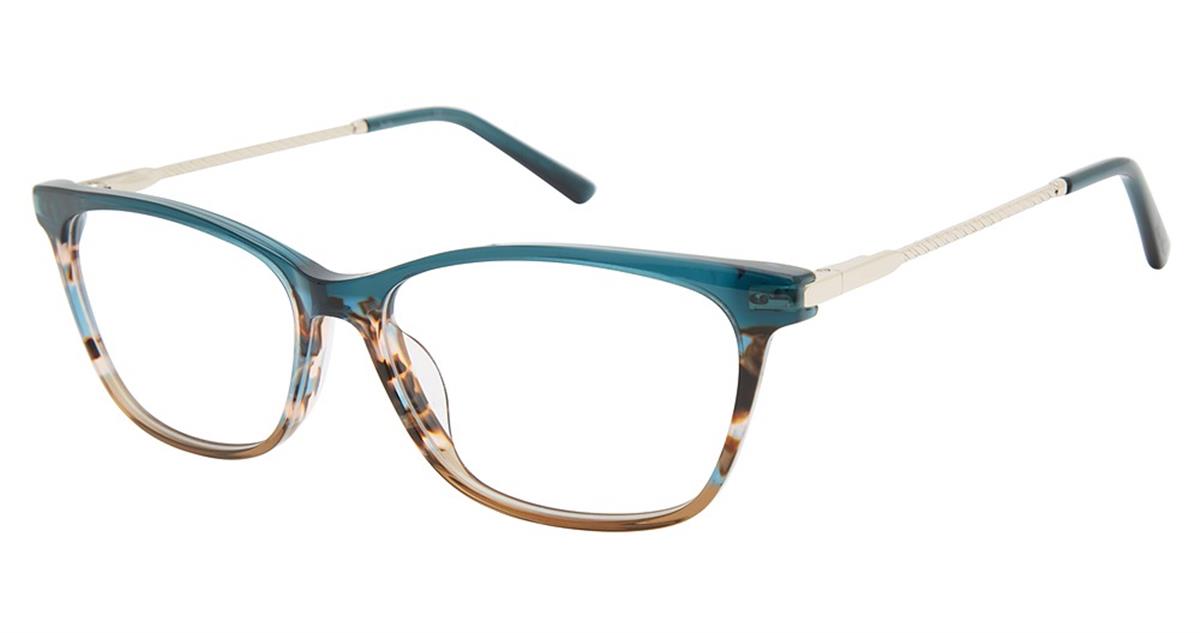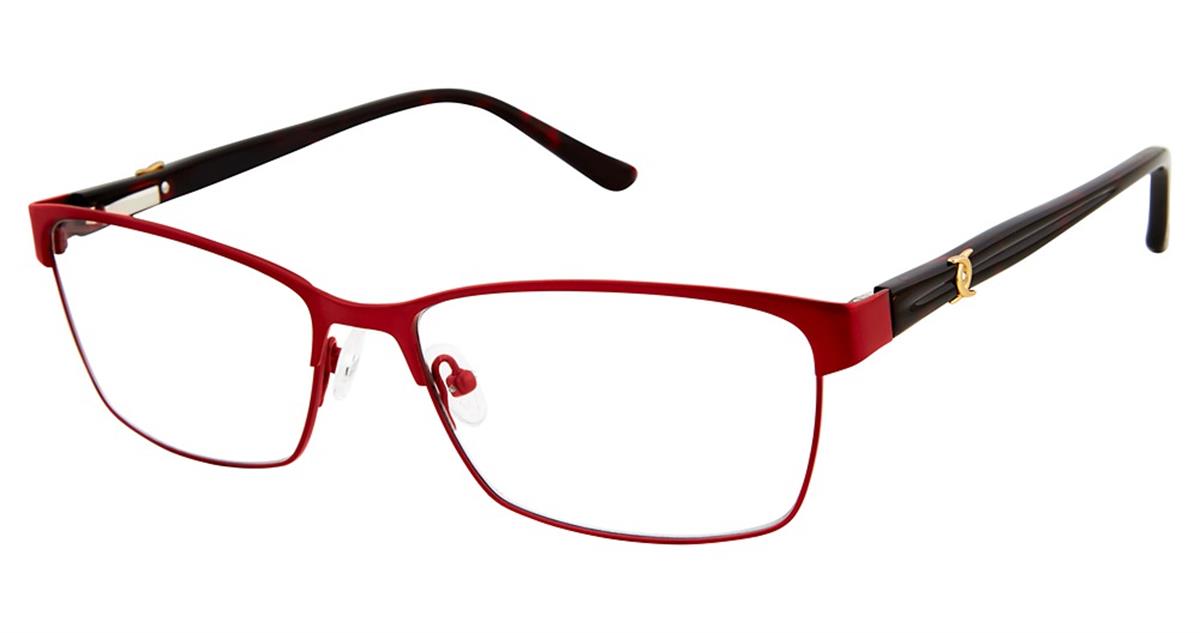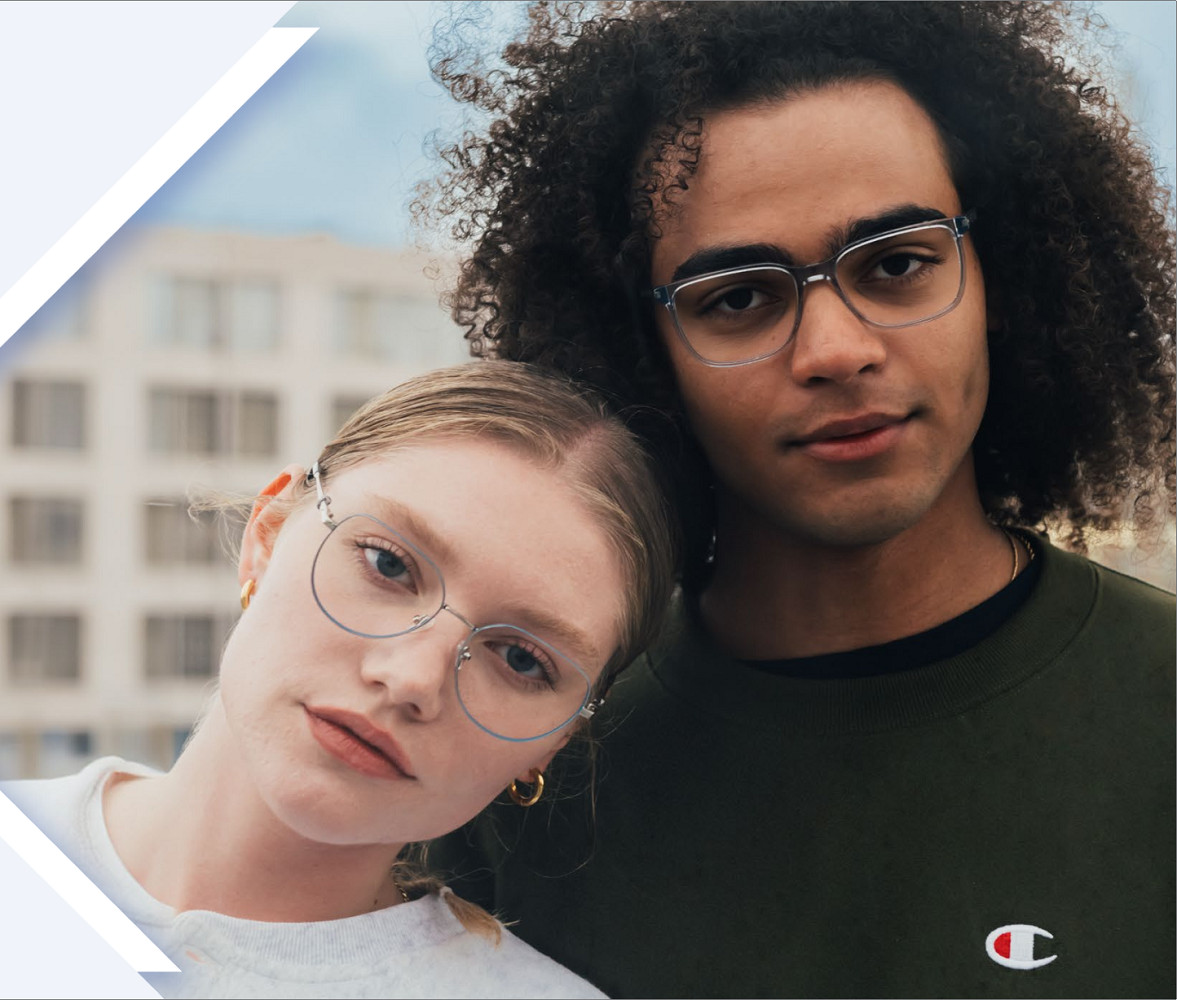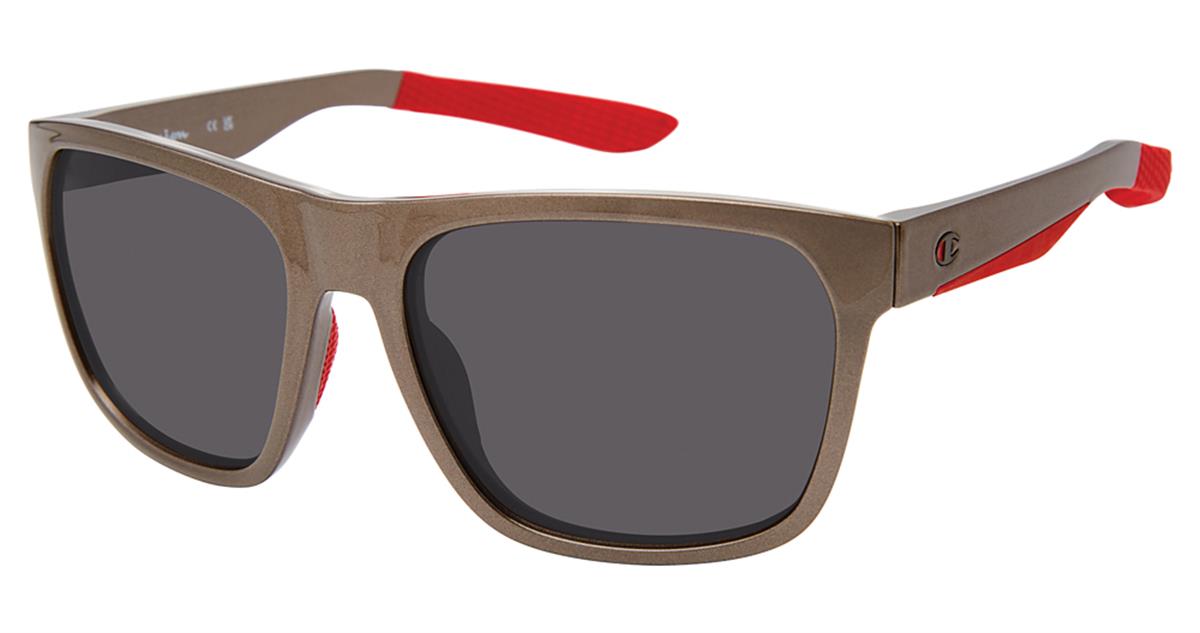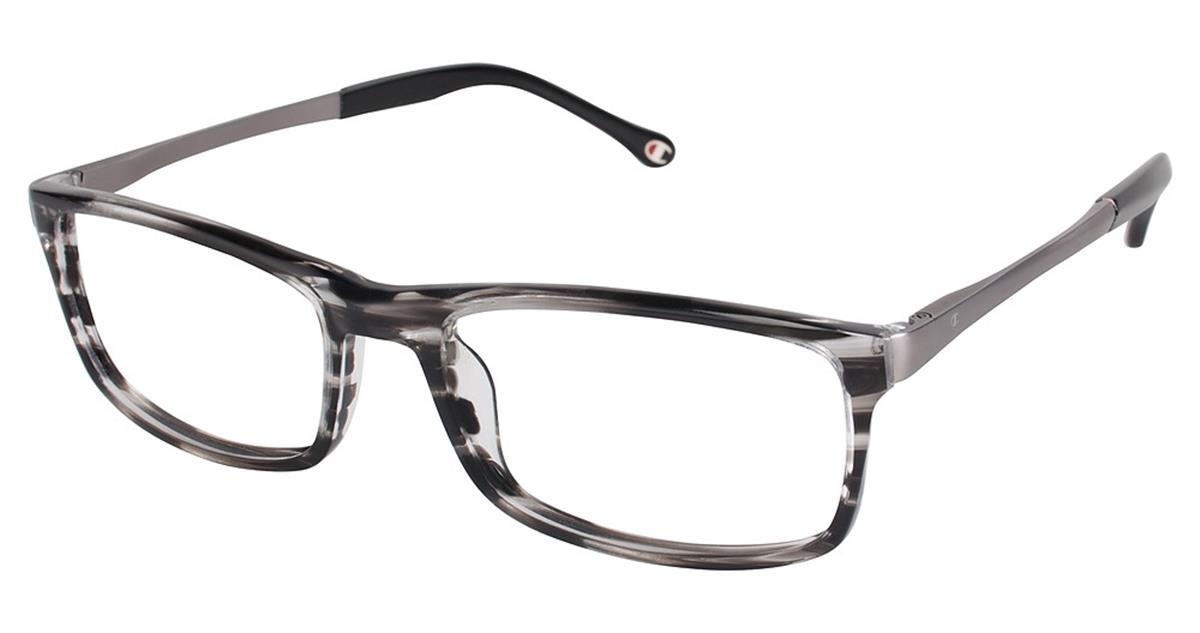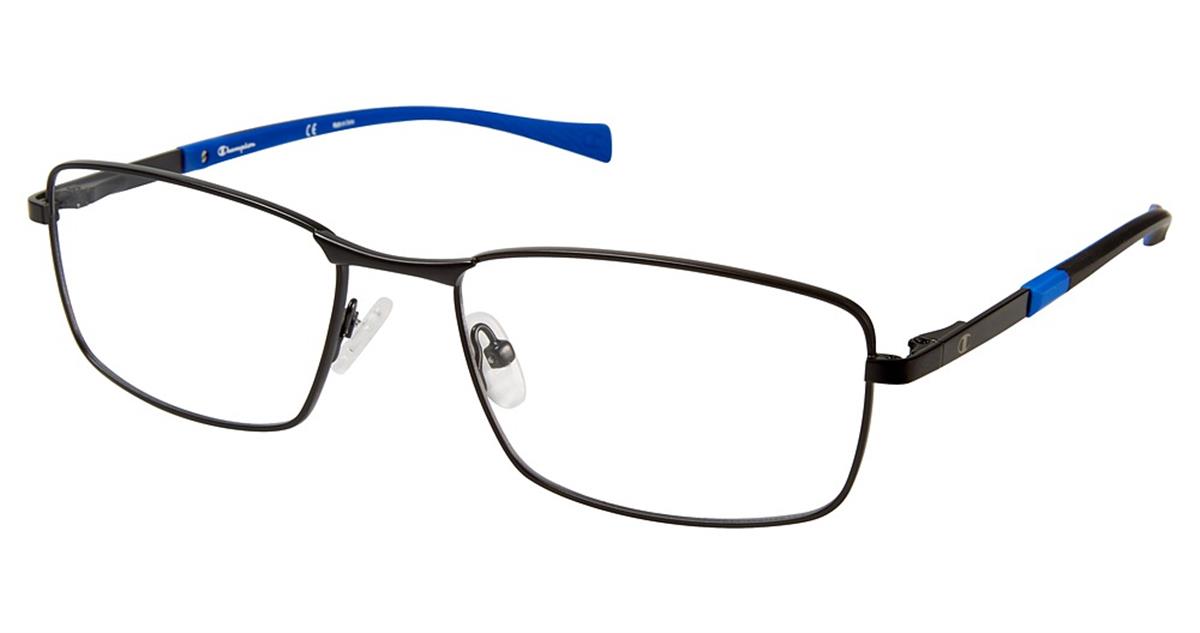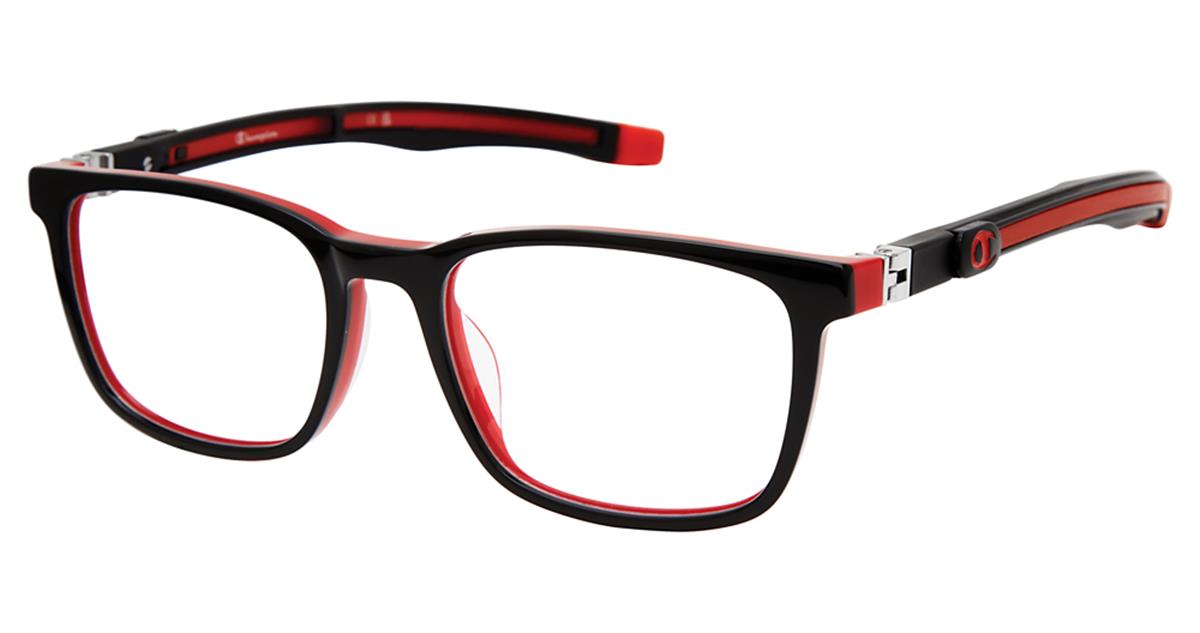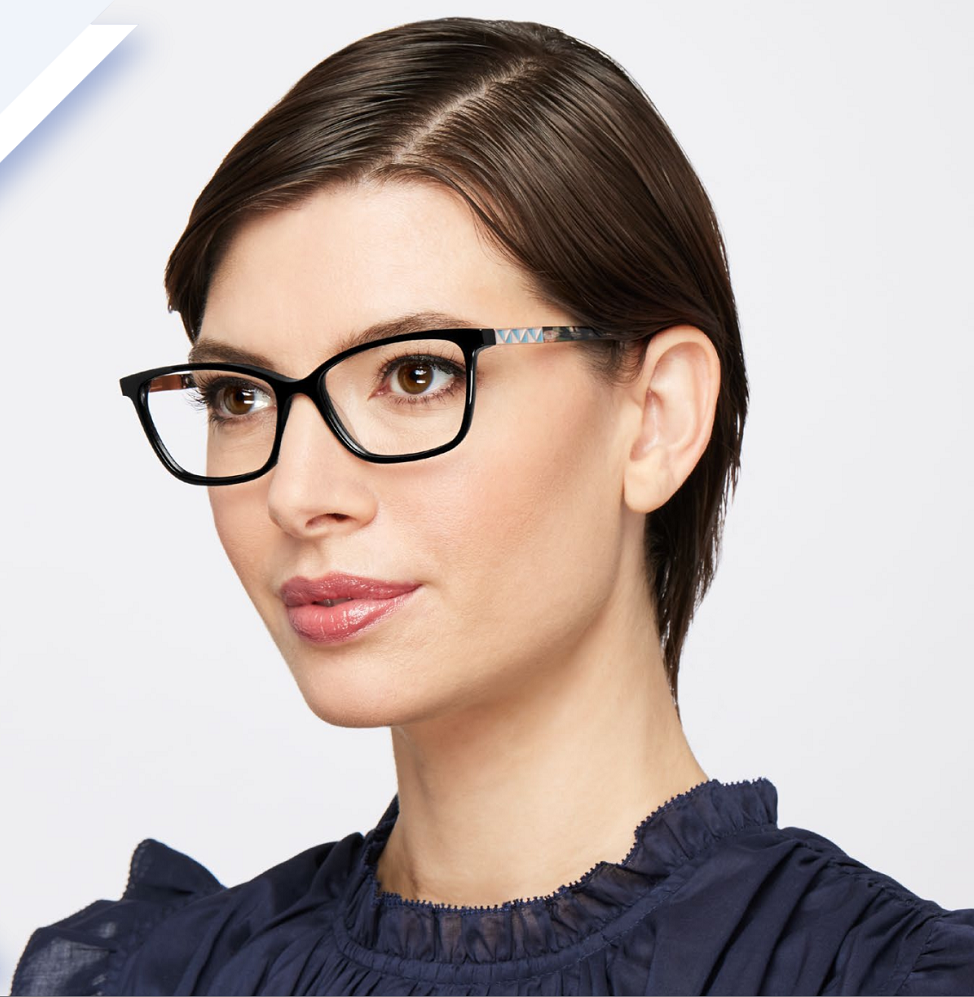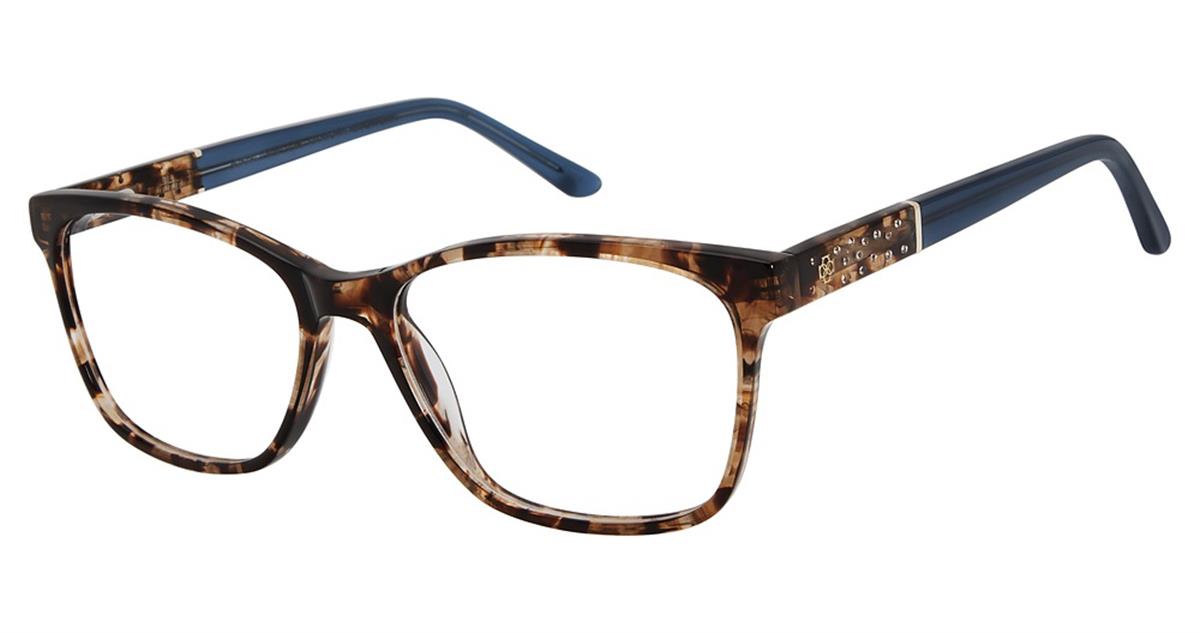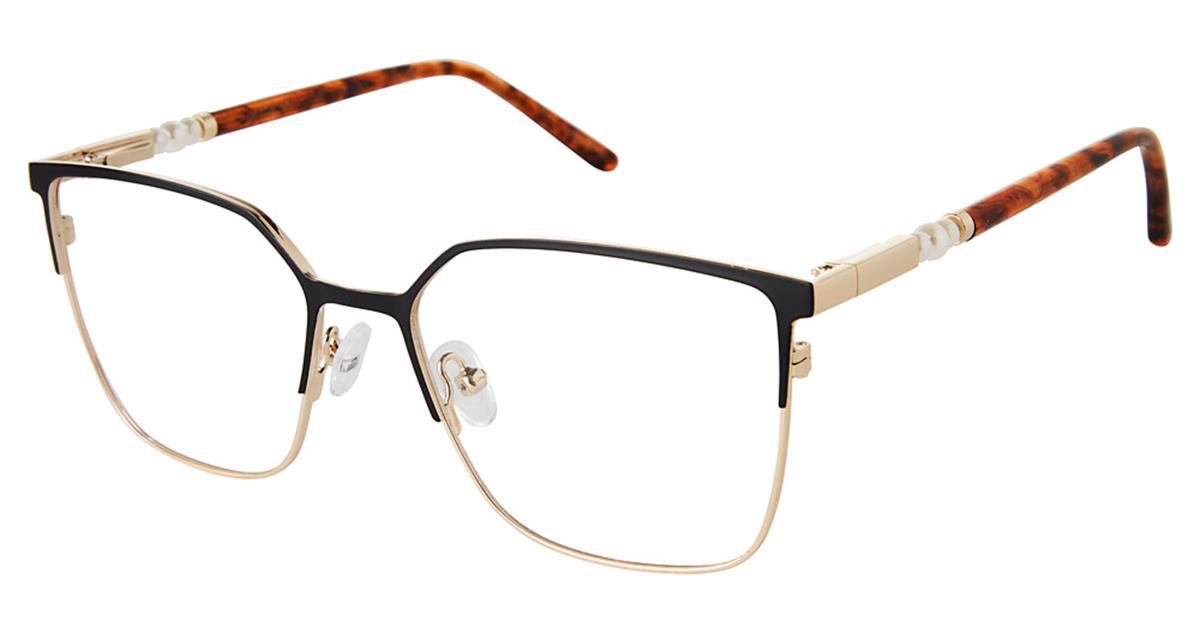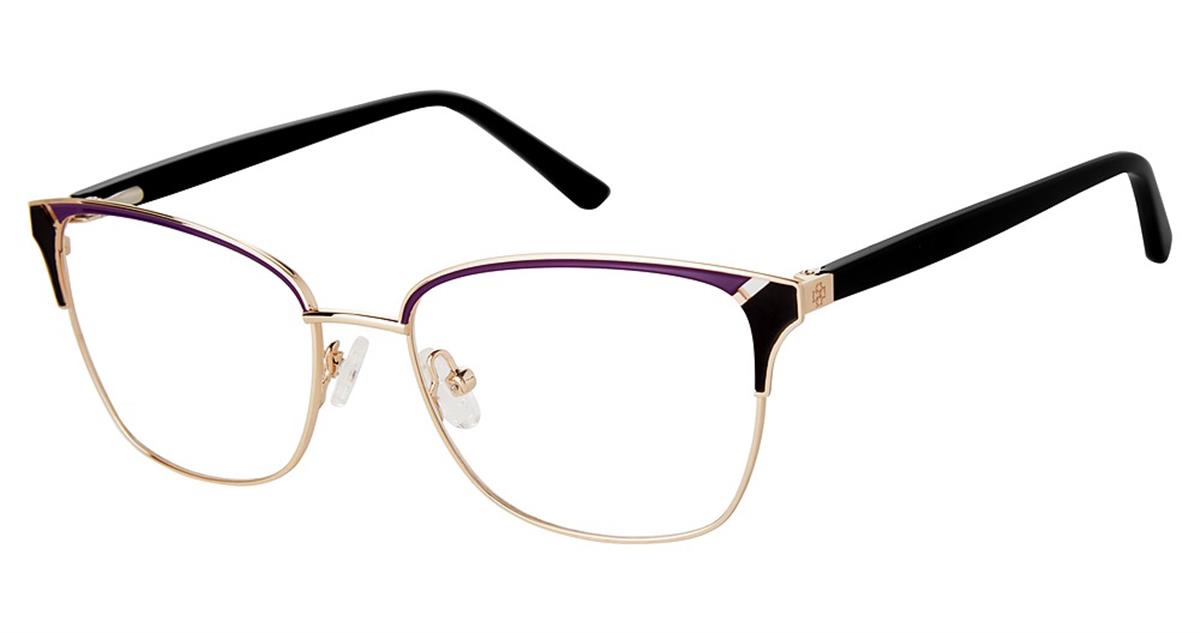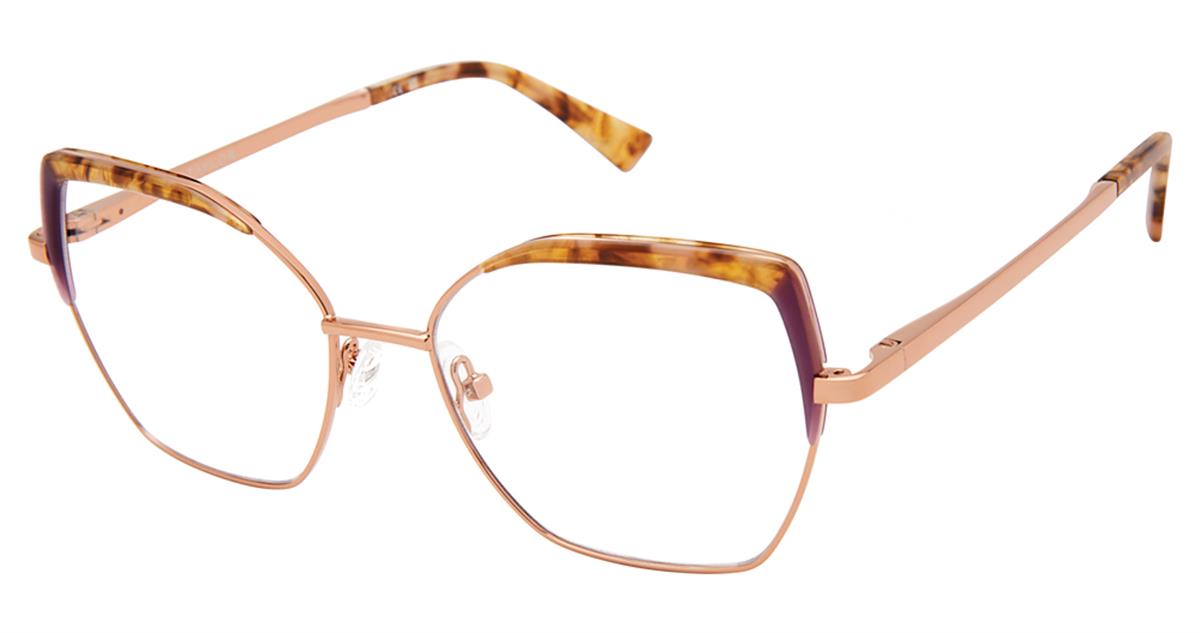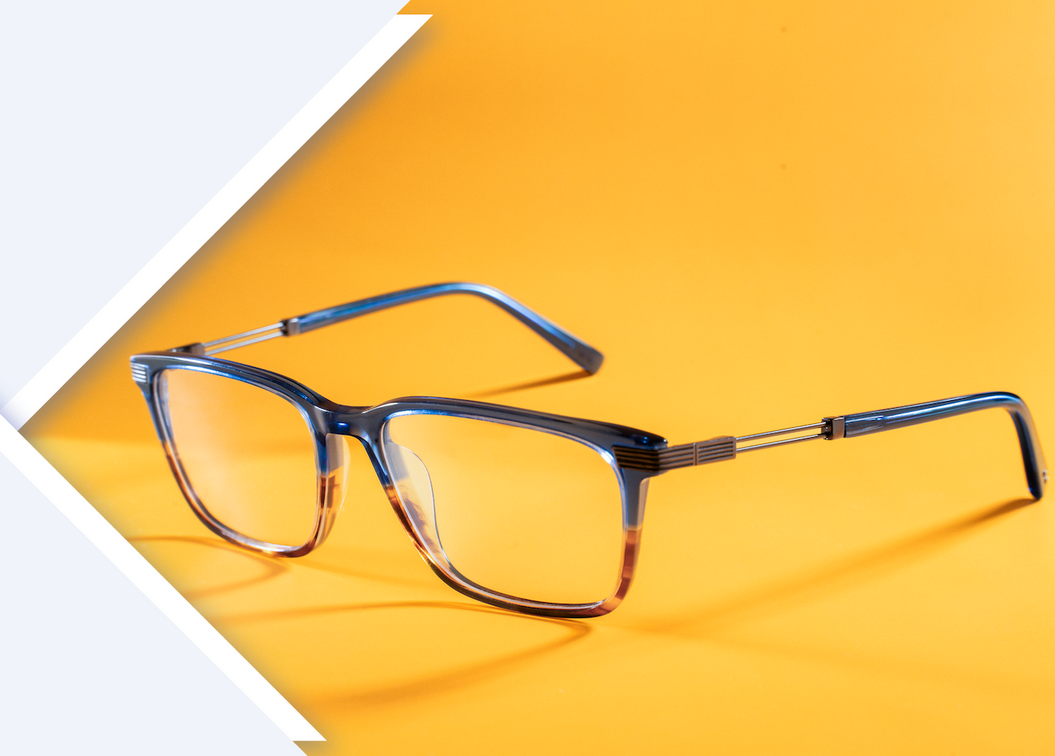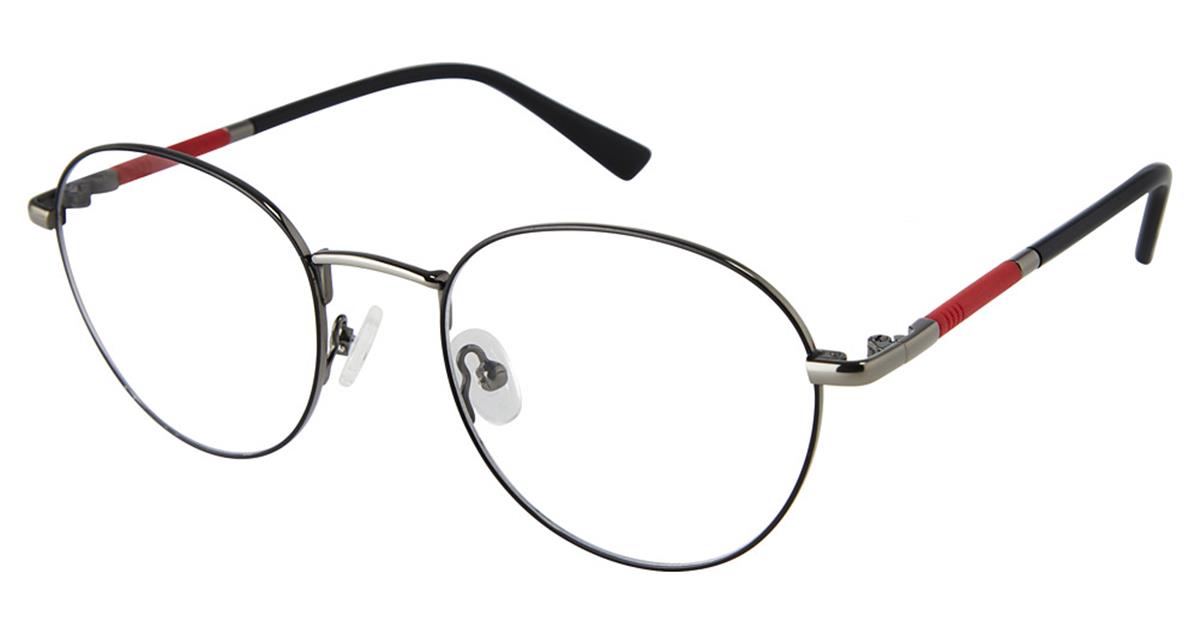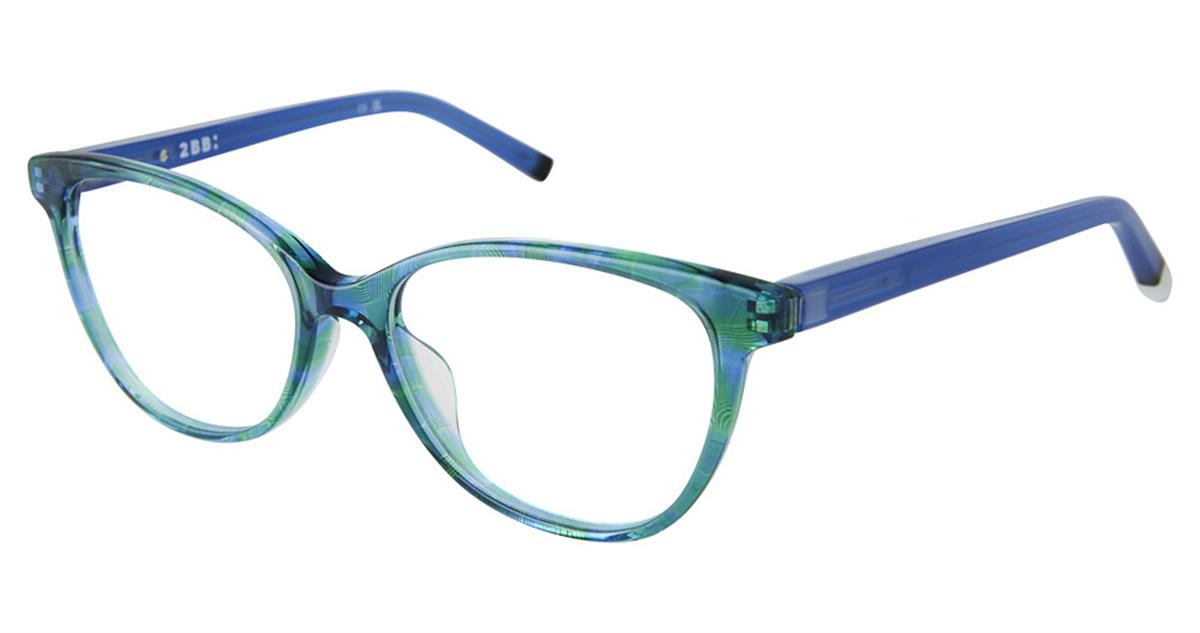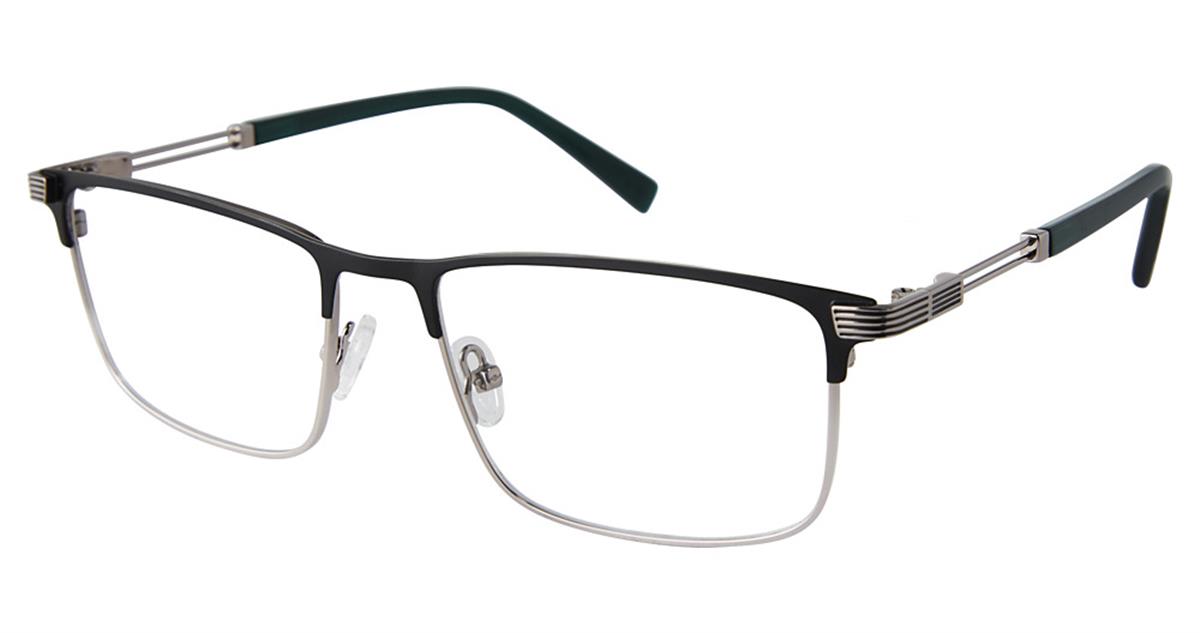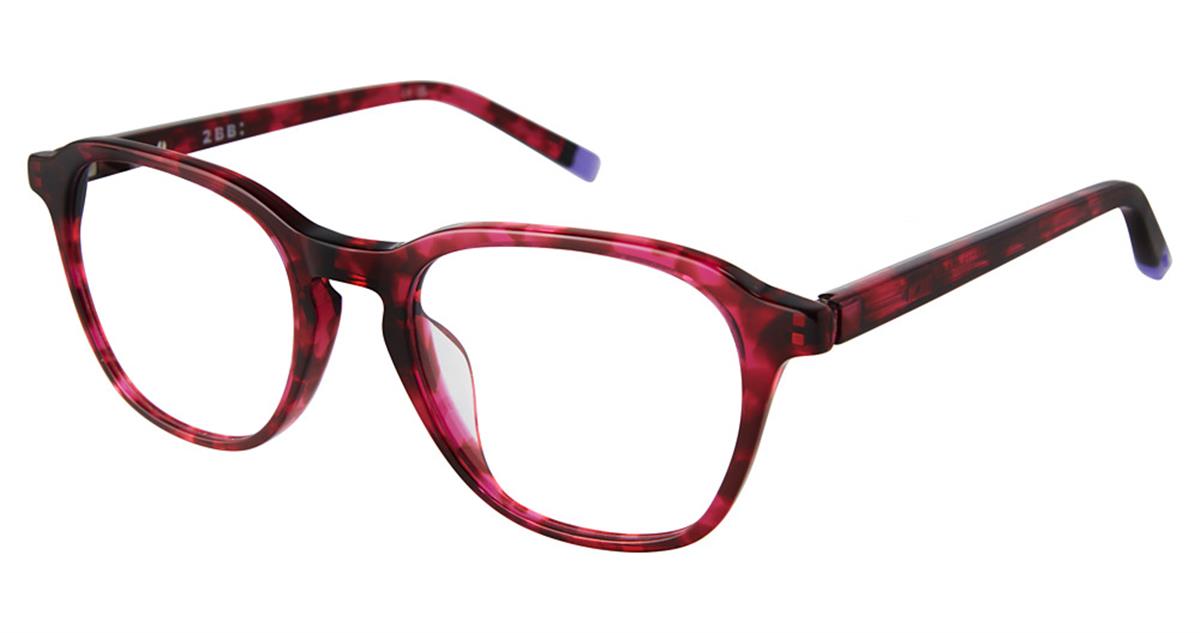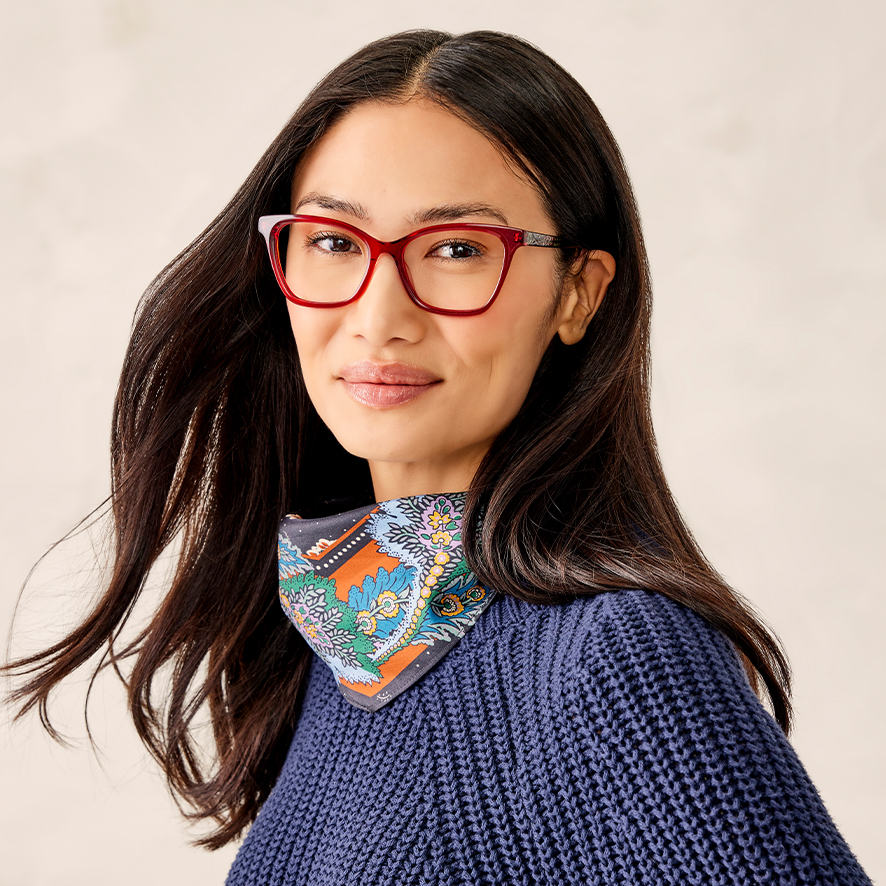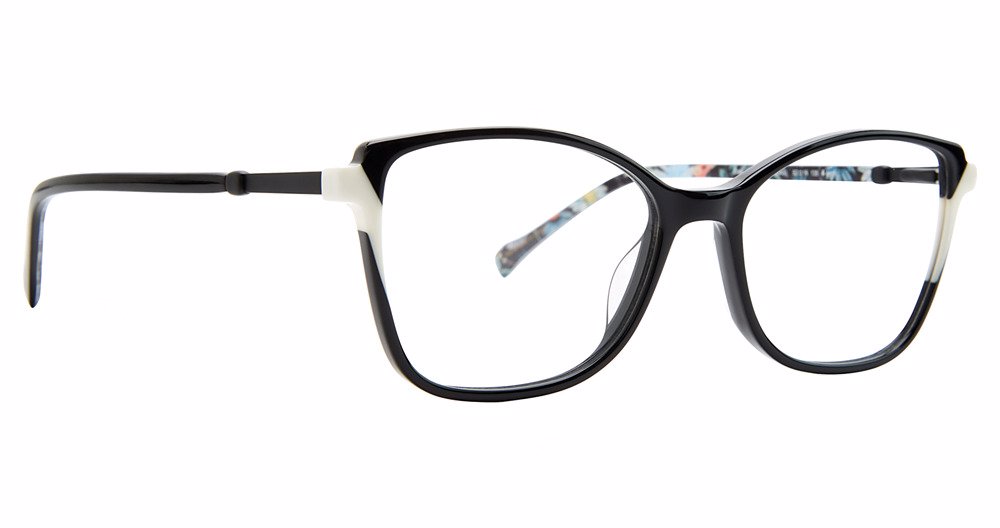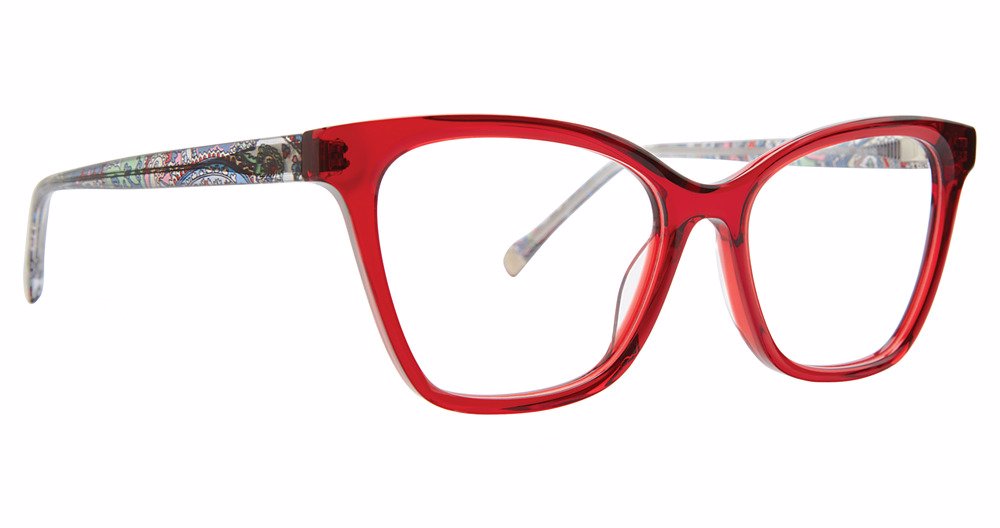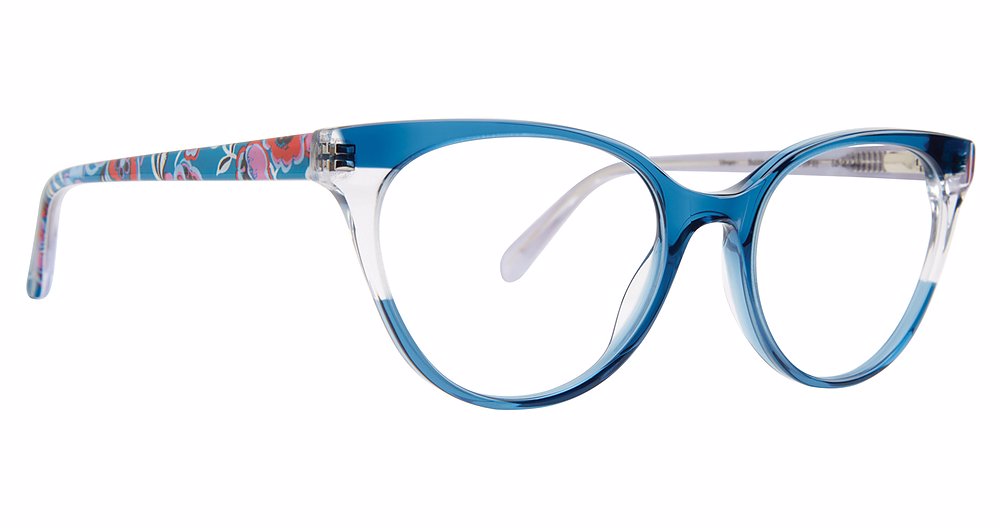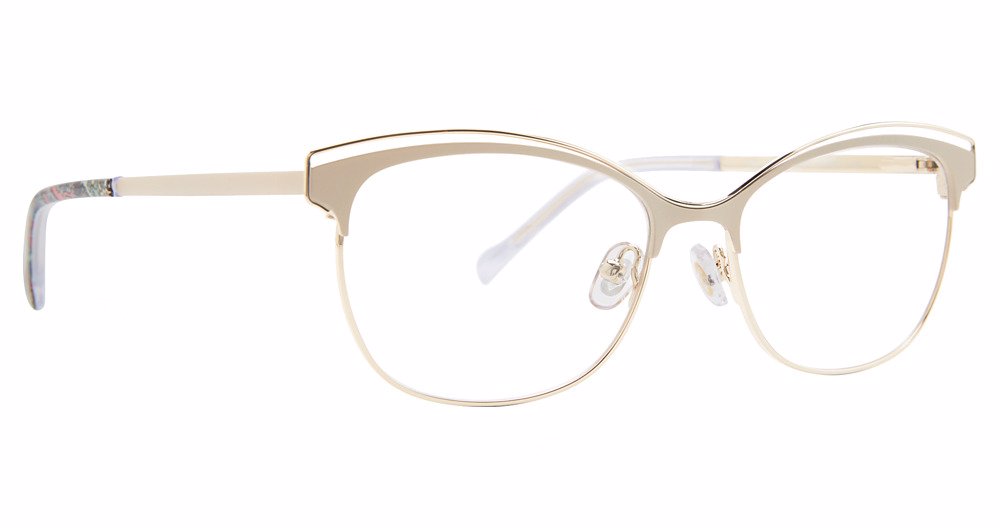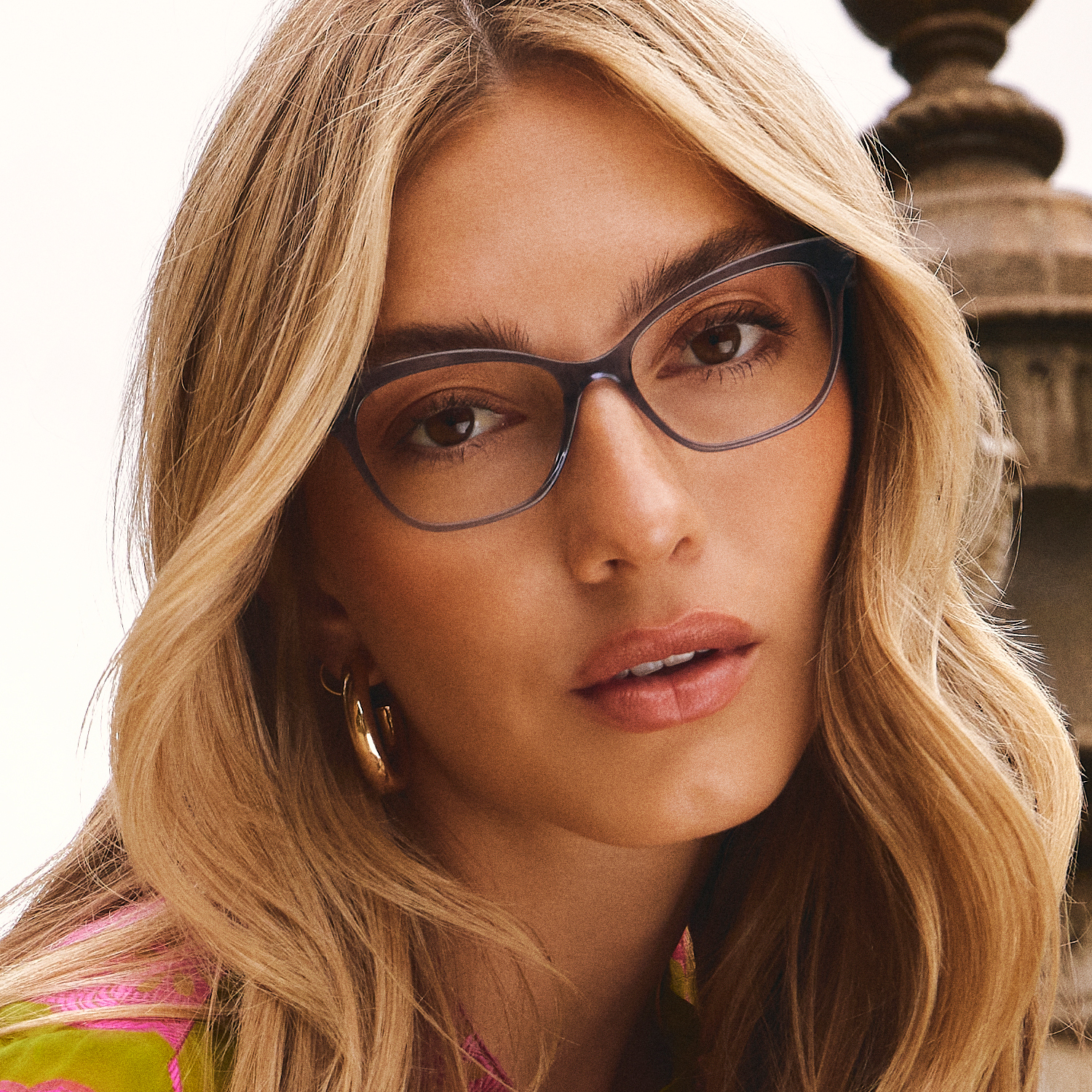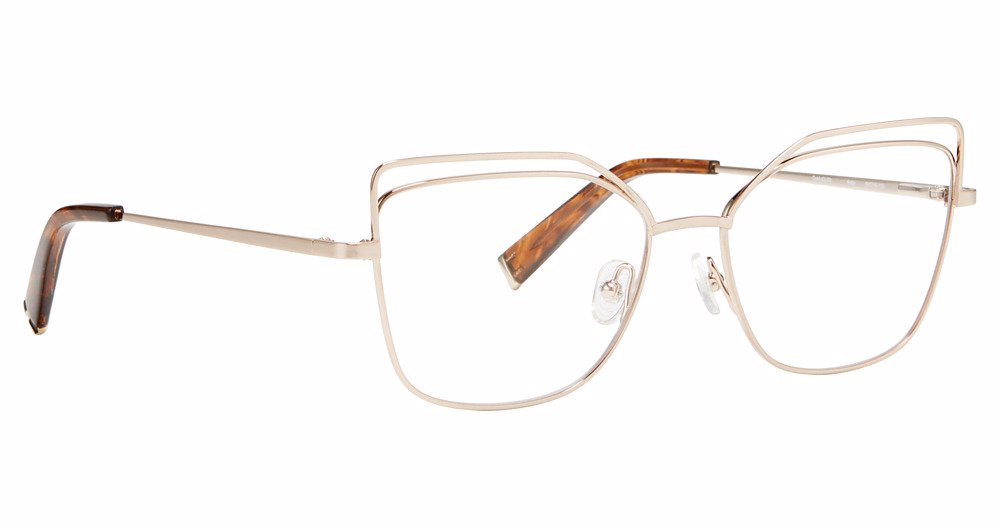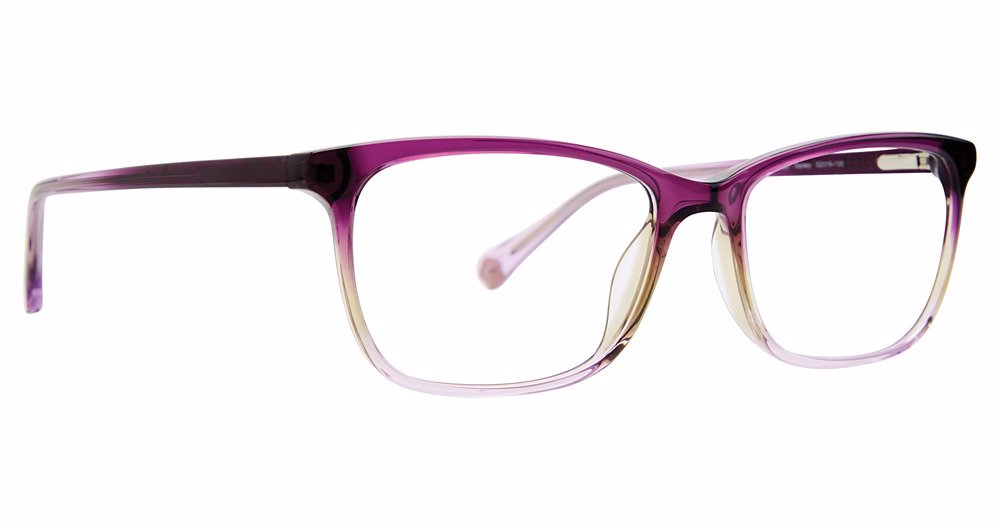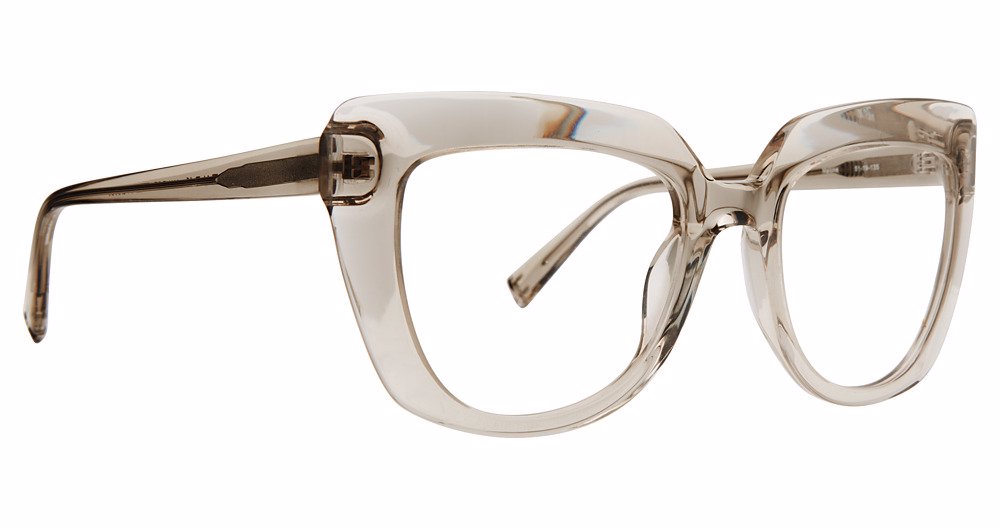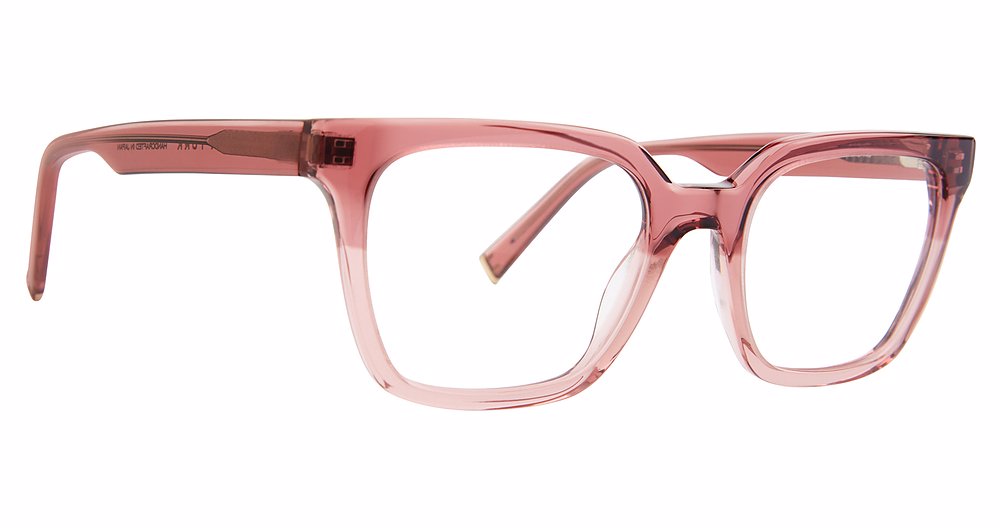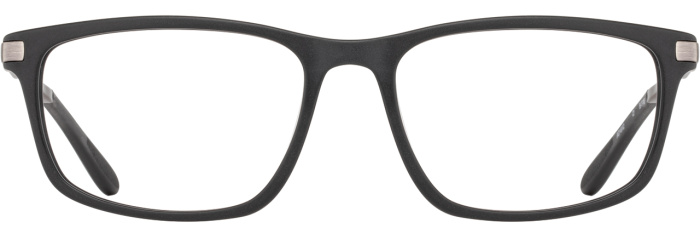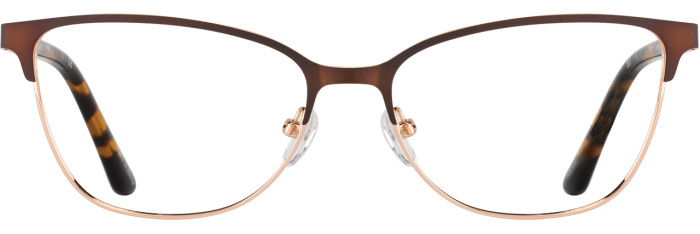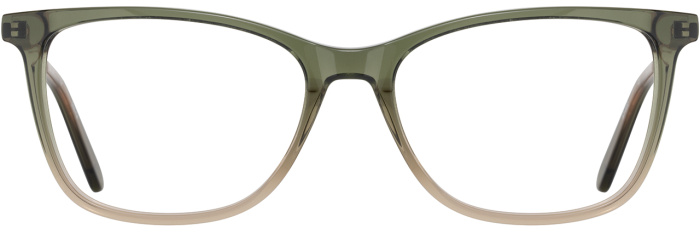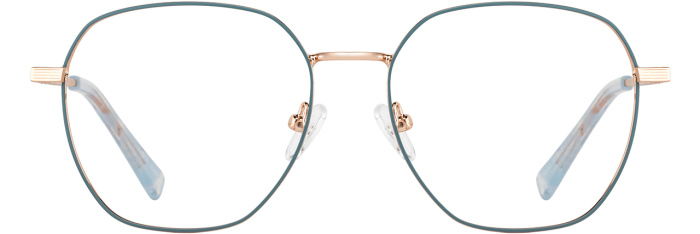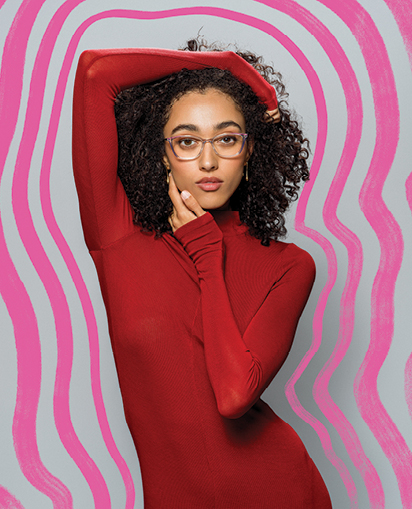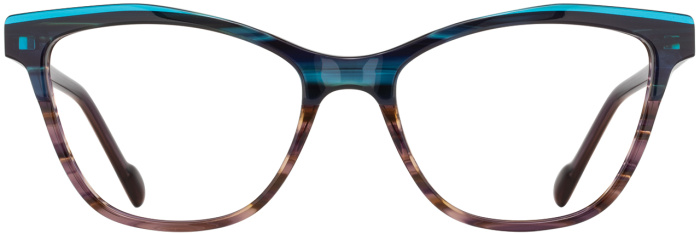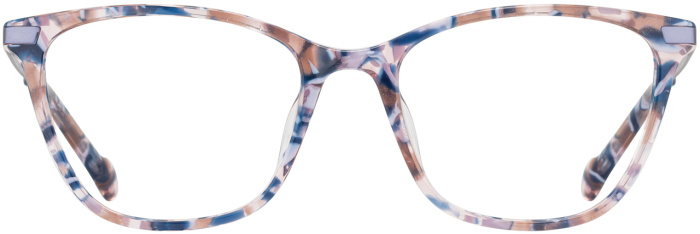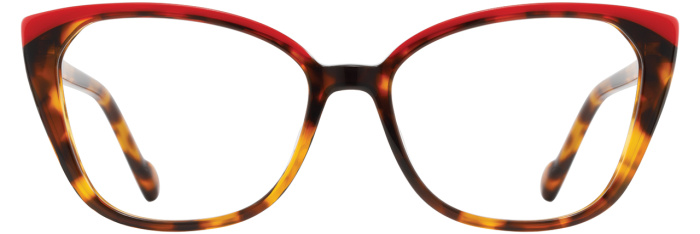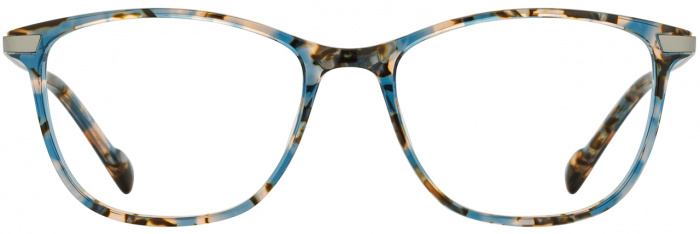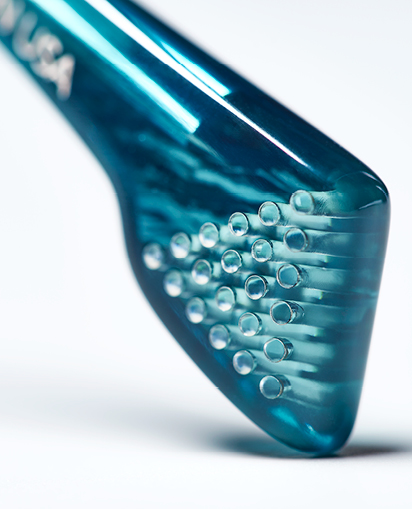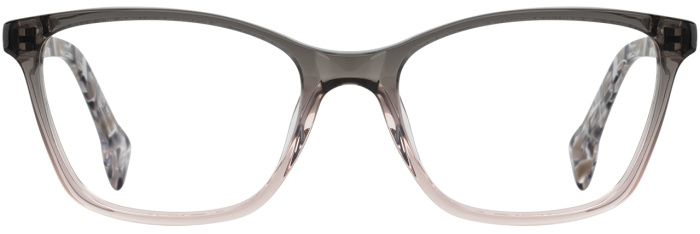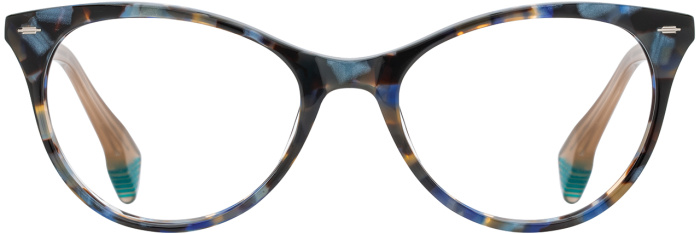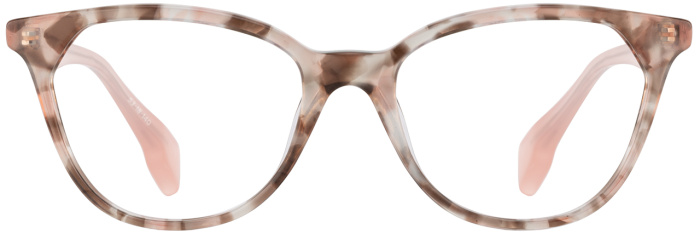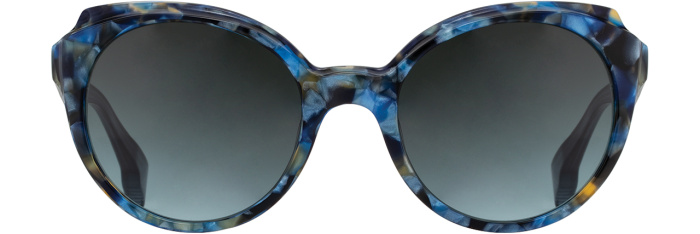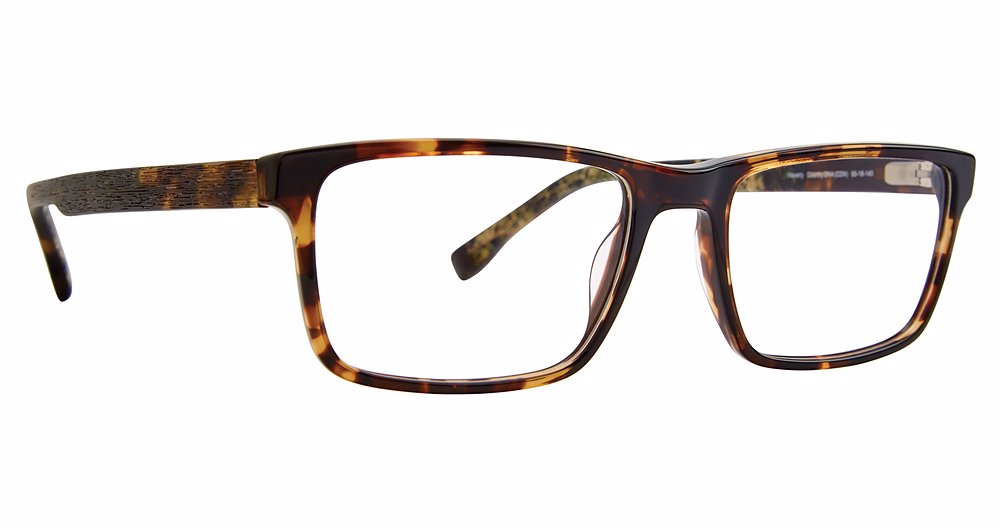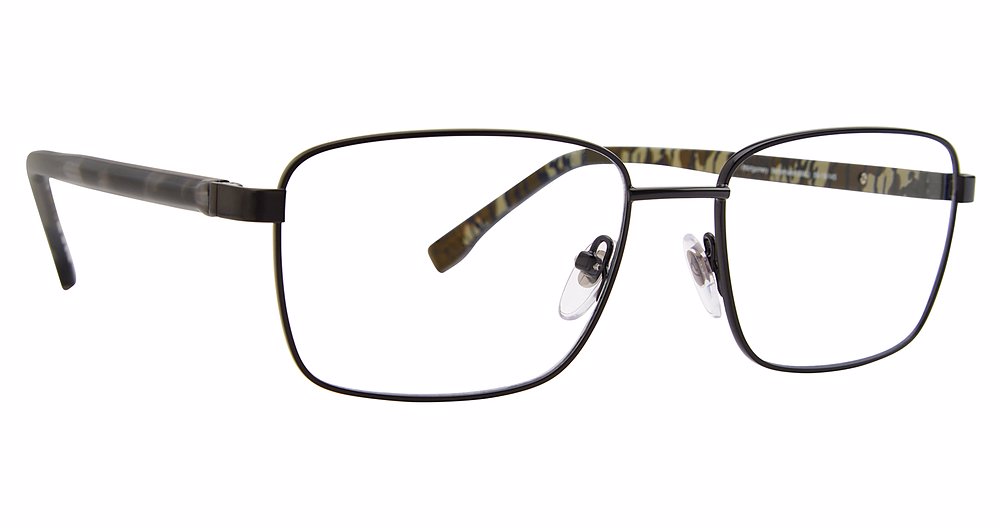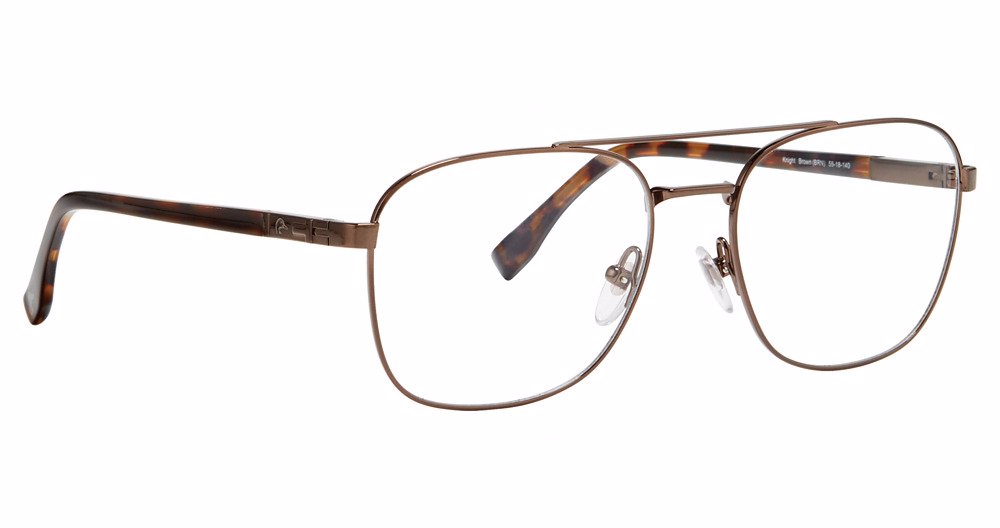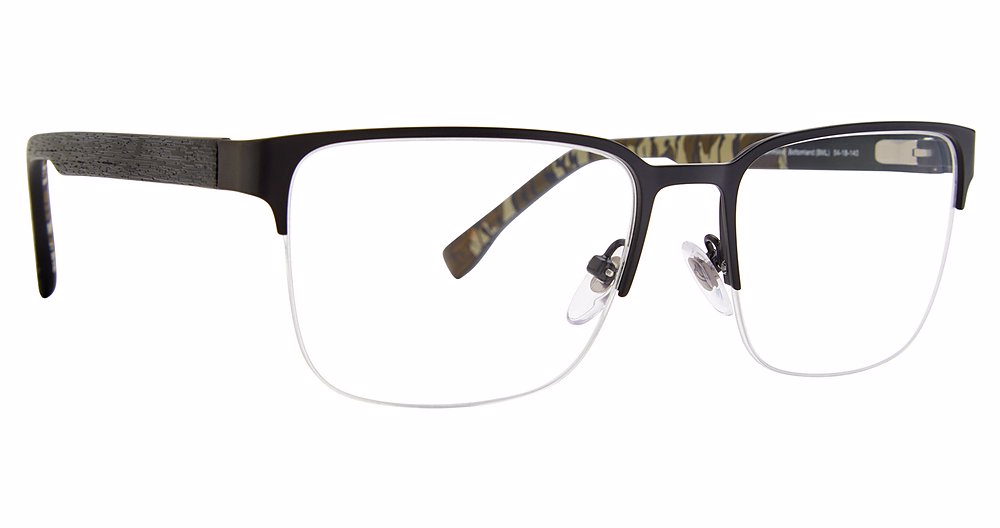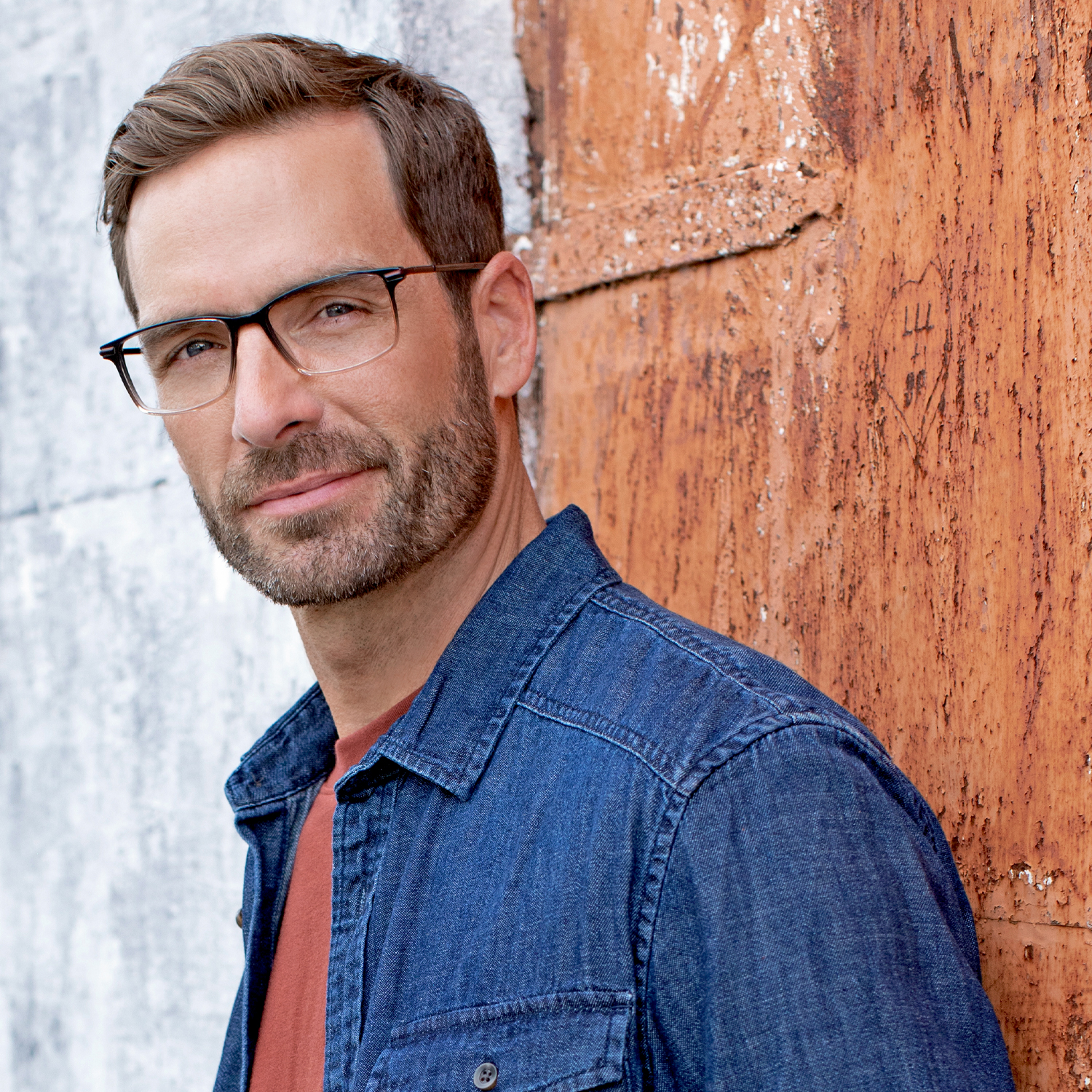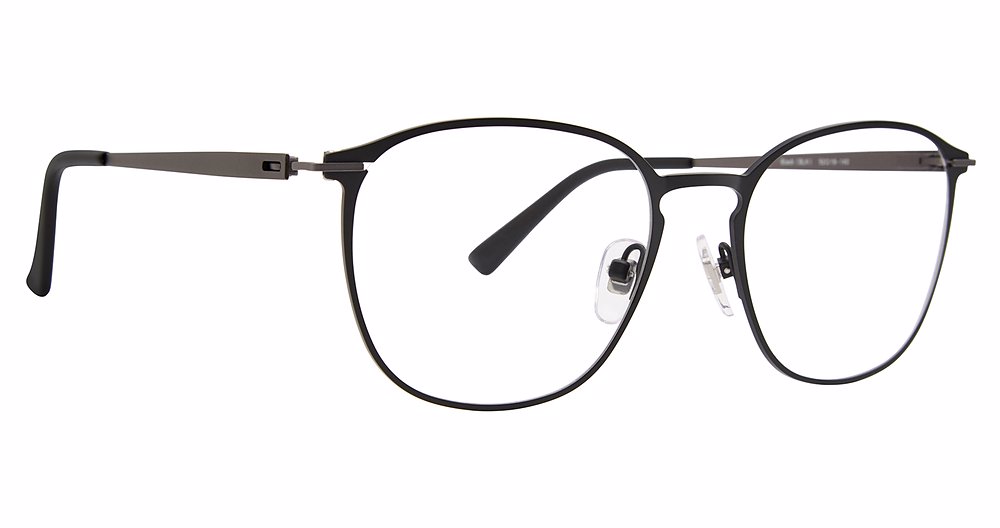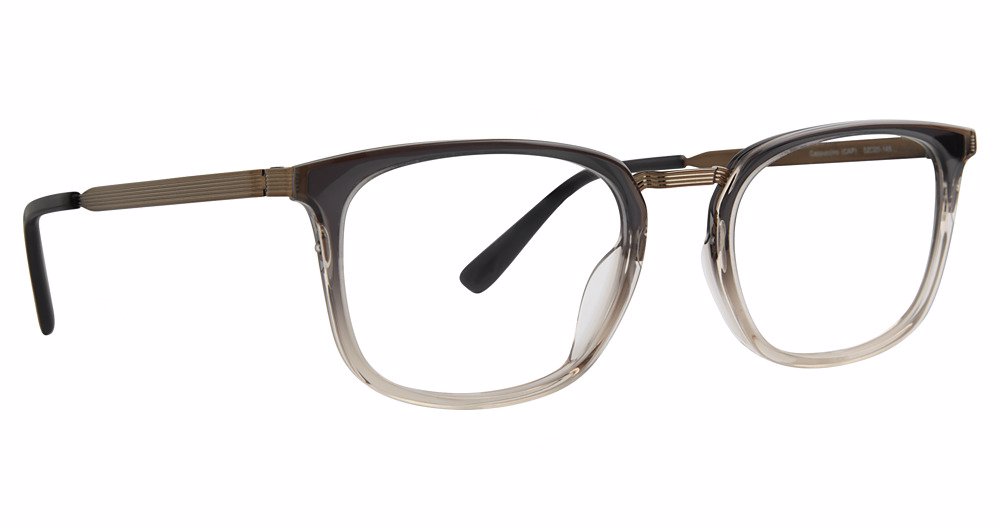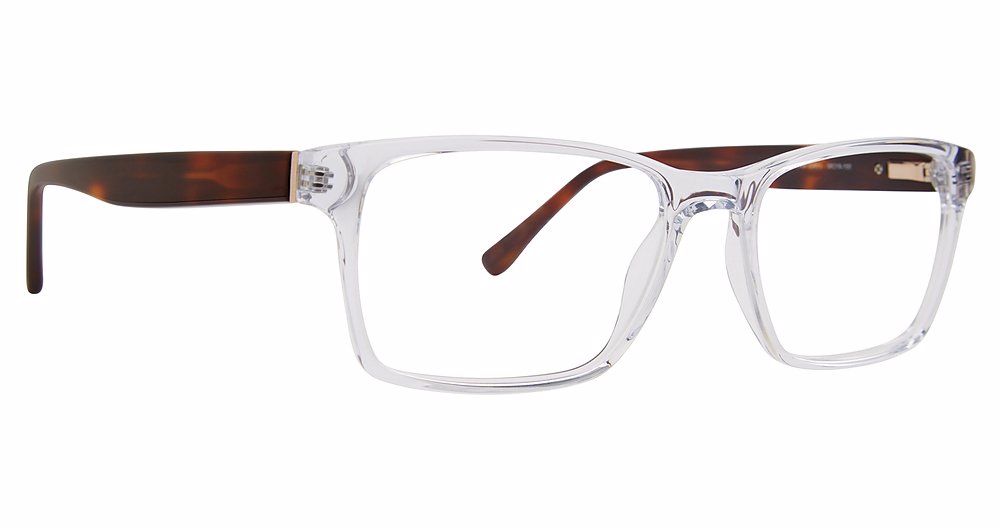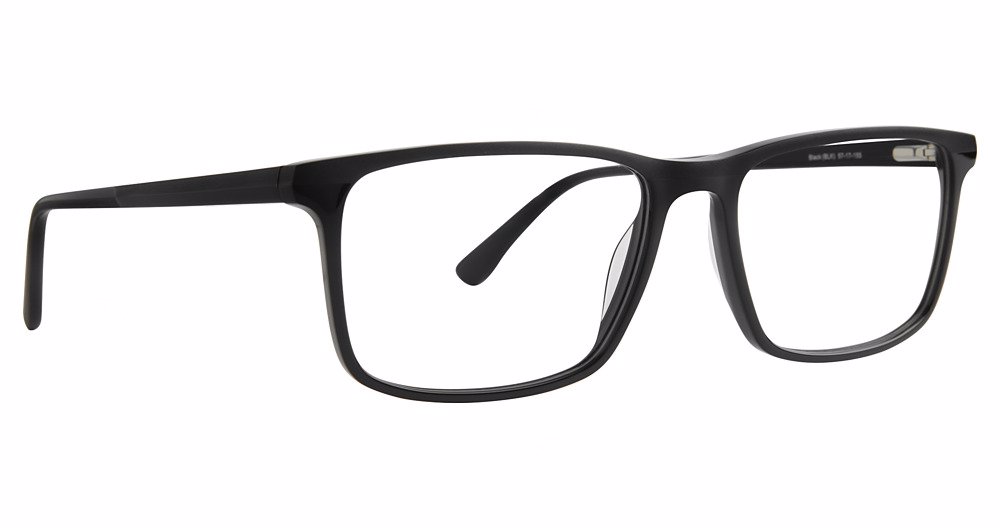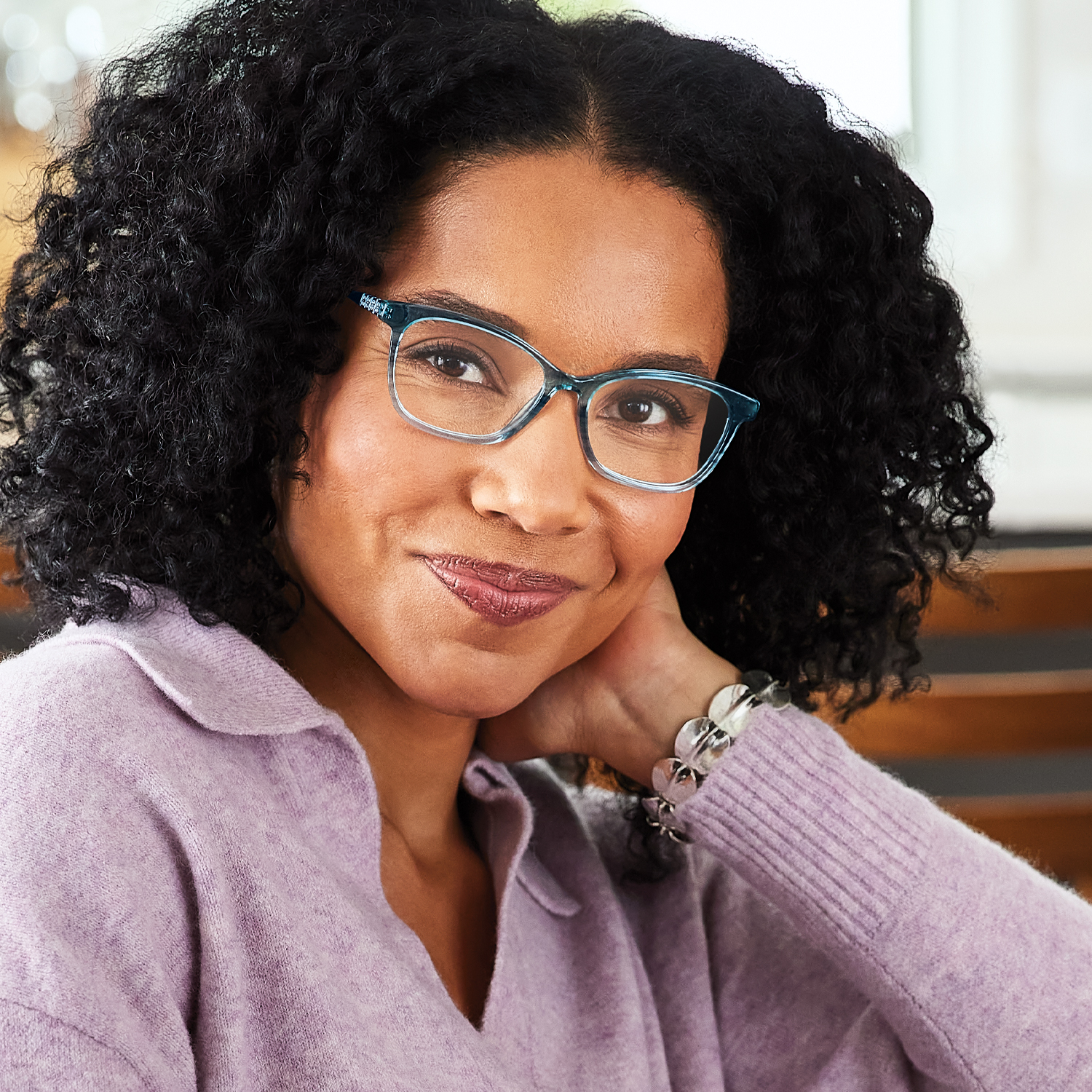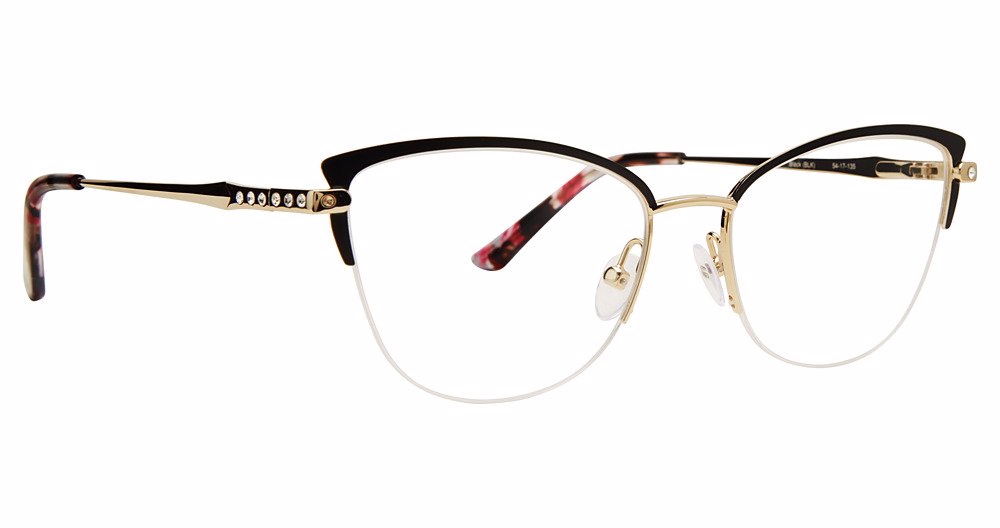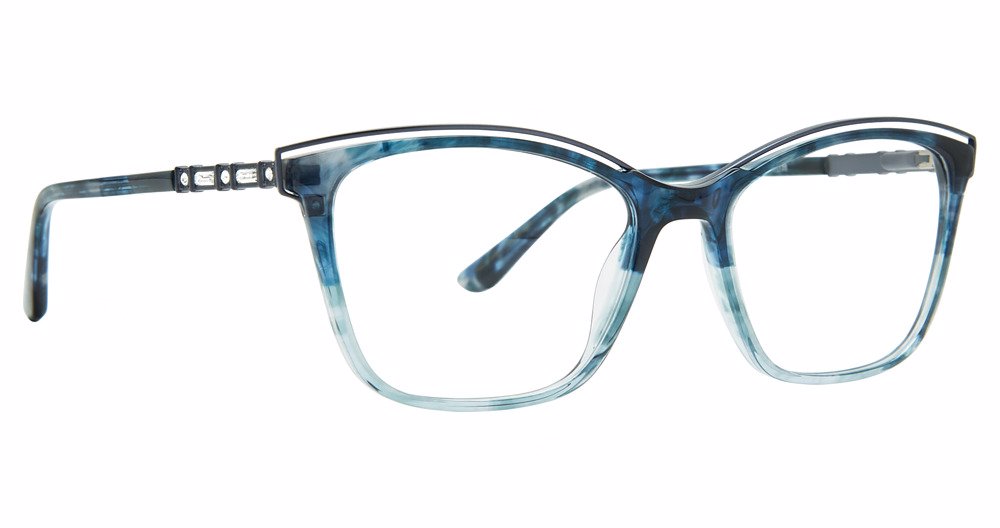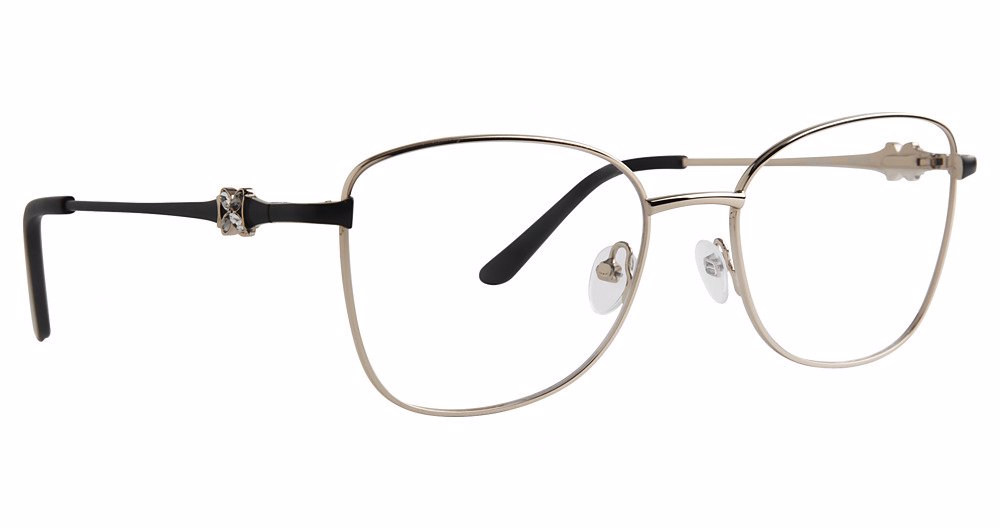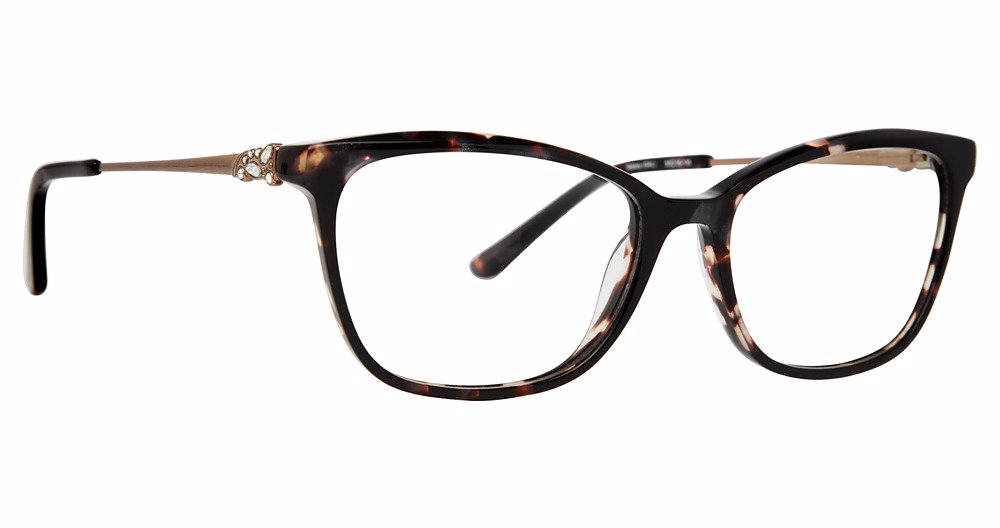Why should my Child have Eye Exams?
Eye doctors utilize specific clinical and diagnostic tools and assessments to determine your child’s ocular health and visual abilities. Since many learning skills are dependent on the strength of visual skills such as binocular vision, accurate eye movements, the ability to see distant objects, etc., doctors recommend that children have their first eye exam even before reaching school age.
While it is common practice for pediatricians to conduct a brief vision screening at your child’s annual physical, it is important to emphasize that these screenings are not a substitute for a thorough examination performed by an eye doctor.
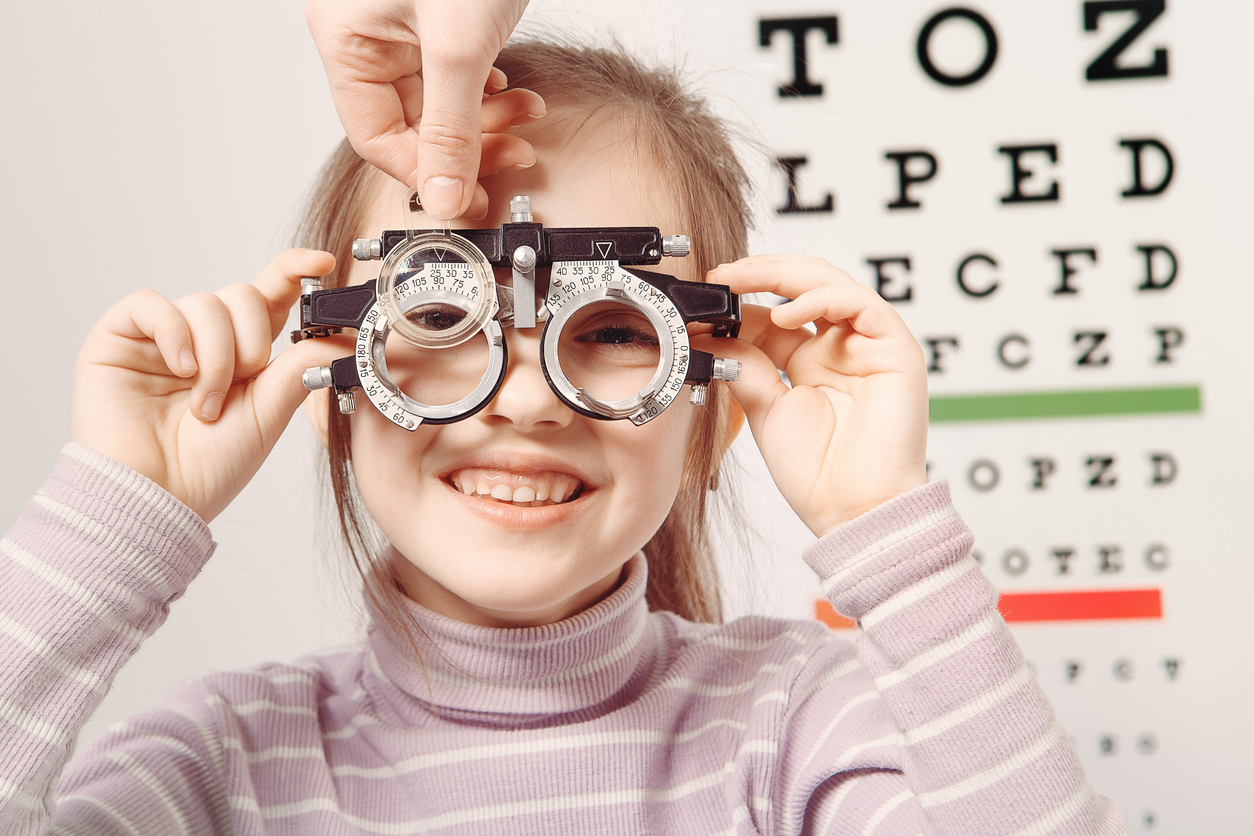
When should my child have their eye exams?
Eye doctors recommend that children have their first eye exam at six months of age to ensure that their eyes are developing normally.
After this initial visit, doctors recommend that you bring your child for a second eye exam every year or at least by age 2 or 3, and then again before they start school.
When meeting with your child’s eye doctor for the first time, be prepared to answer questions about your child’s birth history (including any complications during pregnancy or delivery), birth weight, and whether they were born full-term.
Your doctor will also ask questions regarding family history of ocular disease, and your child’s medical history— including previous eye problems, treatments or surgeries, current medications and any allergies they may have.
Be sure to tell your doctor about any delay in motor development, and if you have noticed:
- Frequent eye rubbing or blinking
- Difficulty maintaining eye contact
- Poor tracking skills
It is also important to mention if your child has failed a vision screening conducted by their school or pediatrician.
Our Annual Eye Exams Include...
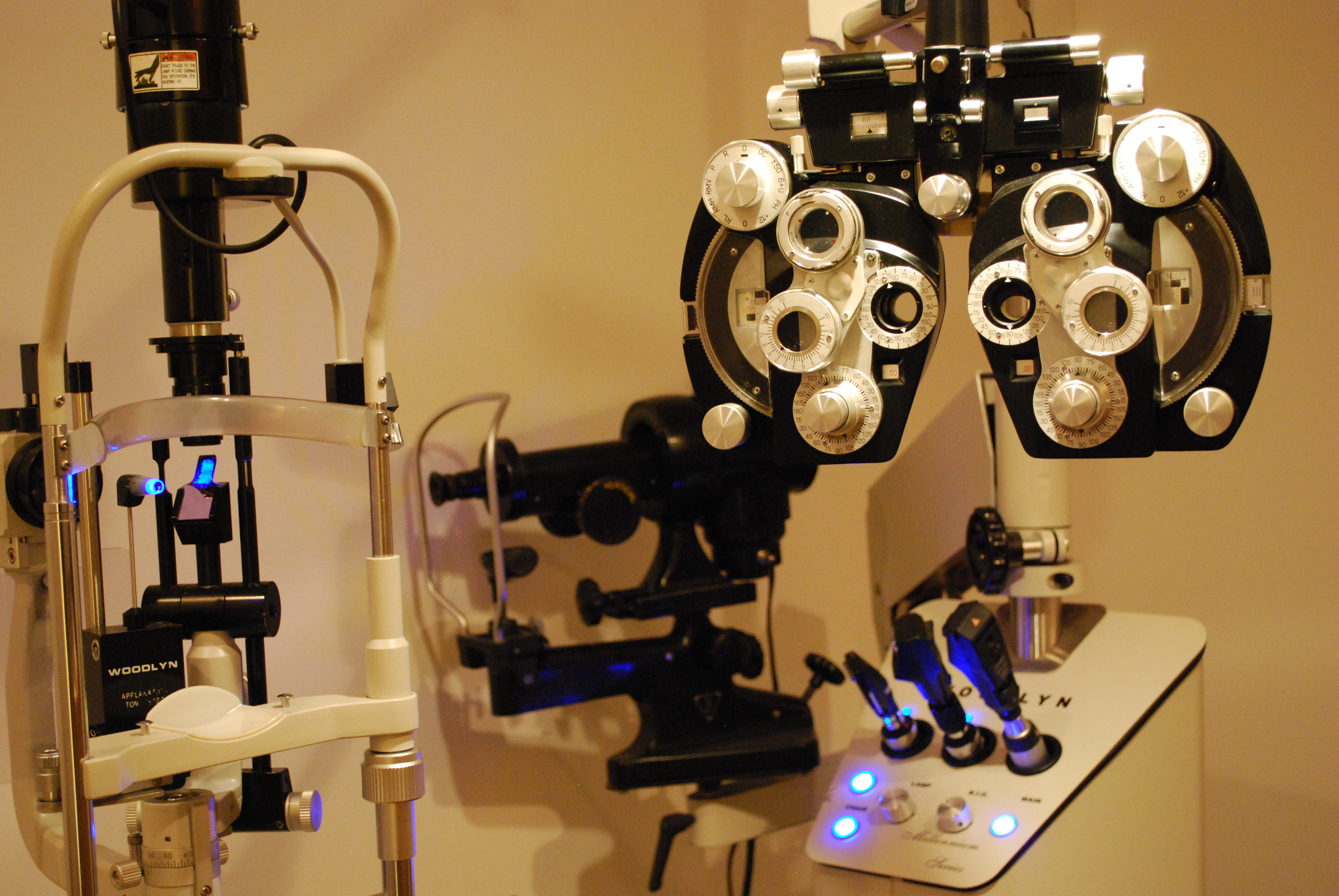
Comprehensive Eye Exam with Dilation
“Which is better: 1 or 2?” This is what most people think of when they have an eye exam, but the truth is you get much more! The eyes are an incredibly sophisticated organ that involve a delicate balance between muscle, tissue, and your brain. At City of Vision Eye Care we provide you with a complex and comprehensive examination of all aspects of your visual system.
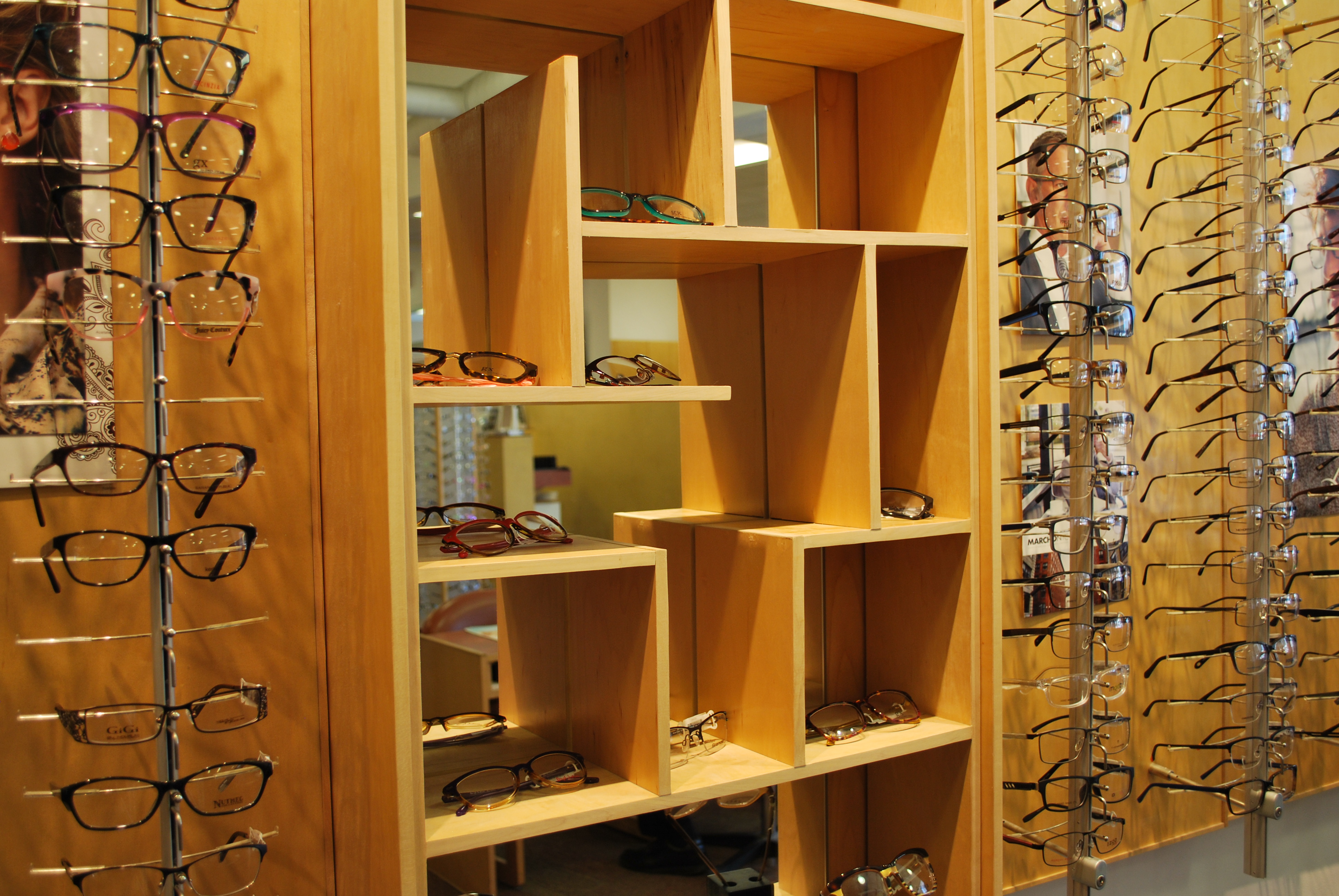
Full Service Optical
At City of Vision Eye Care, we are built to provide for your needs from health and wellness to your perfect pair of glasses. Our Opticians are highly skilled in both style and fit, and can help your child pick a comfortable frame. We can even craft custom lenses to tackle outdoor wear for sports and PE. Swing by to take advantage of one of our many Optical services today.

Contact Lens Suite & Services
Do you wear contact lenses? If not, have you ever wondered if contact lenses might be right for you? Talk to one of our doctors and they can answer all your questions! We fit a variety of contact lenses from dailies to monthly soft lenses and even sclerals. We also have a contact lens suite that allows us to fit unique contact lenses such as rigid gas permeable lenses that can last a year or more! Patients with keratoconus, pellucid, and high astigmatism are all welcome here.
What should my child expect during their eye exam?
Eye testing for infants (6 months to 2 years)
Babies by six months of age are tested for eye focusing skills, color vision and depth perception. Your eye doctor will typically use three different tests to determine whether your baby’s eyes are developing normally.
- Pupil responses. This test will measure your baby’s pupil response (opening and closing) in the presence or absence of light.
- Fixate and follow. This test will measure your baby’s ability to fixate on and follow an object as it moves. The ability to fixate on an object usually develops within the first month of birth, while the ability to follow an object typically develops by three months of age.
- Preferential looking. This test will measure your baby’s vision, using special cards that are blank on one side and striped on the other, to attract the baby’s gaze.
Eye exams for preschool children (2 to 5 years)
At this age, children are learning to color, draw, cut paper, stack blocks, build with Lego pieces, play with balls, and more!
A comprehensive exam for preschool children usually includes a series of tests for:
- Visual acuity
- Lazy eye
- Stereopsis (3D vision)
- Eye tracking
- Convergence
- Color vision
- Ocular health
All of these visual skills are vitally important for the healthy development of an infant and to prepare them for the school years ahead.
Young children are constantly learning new skills that will prepare them for when they learn to read and write. Visual skills, such as, visual perceptual skills, eye-hand coordination, fine motor skills, etc., are also essential for learning and academic success.
